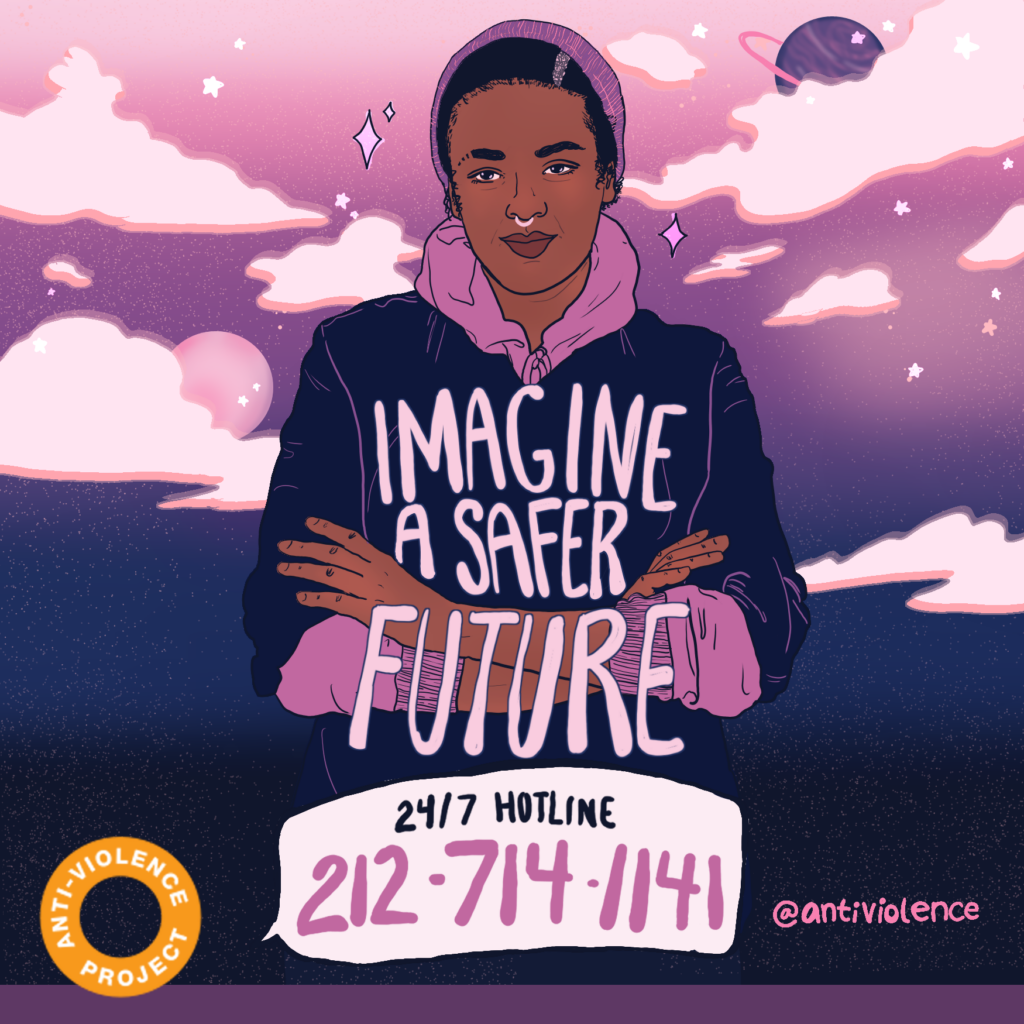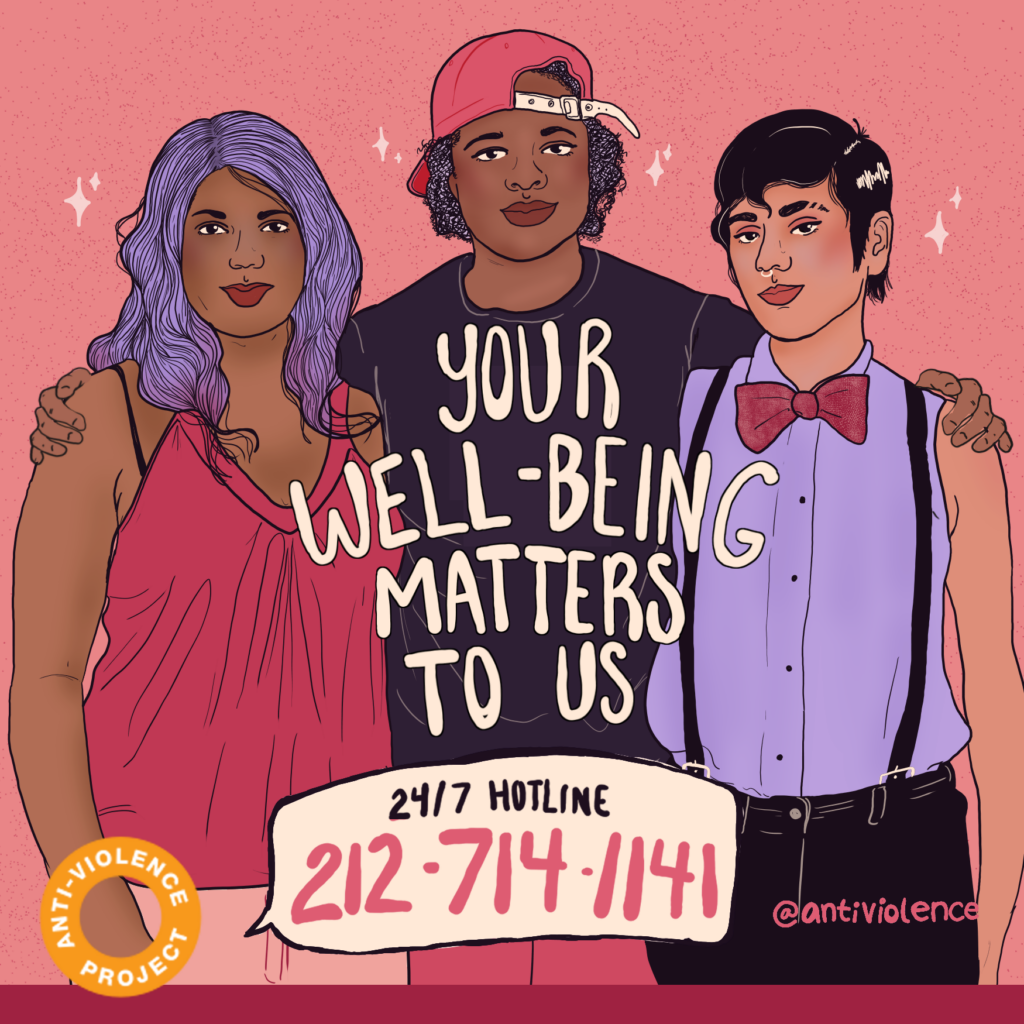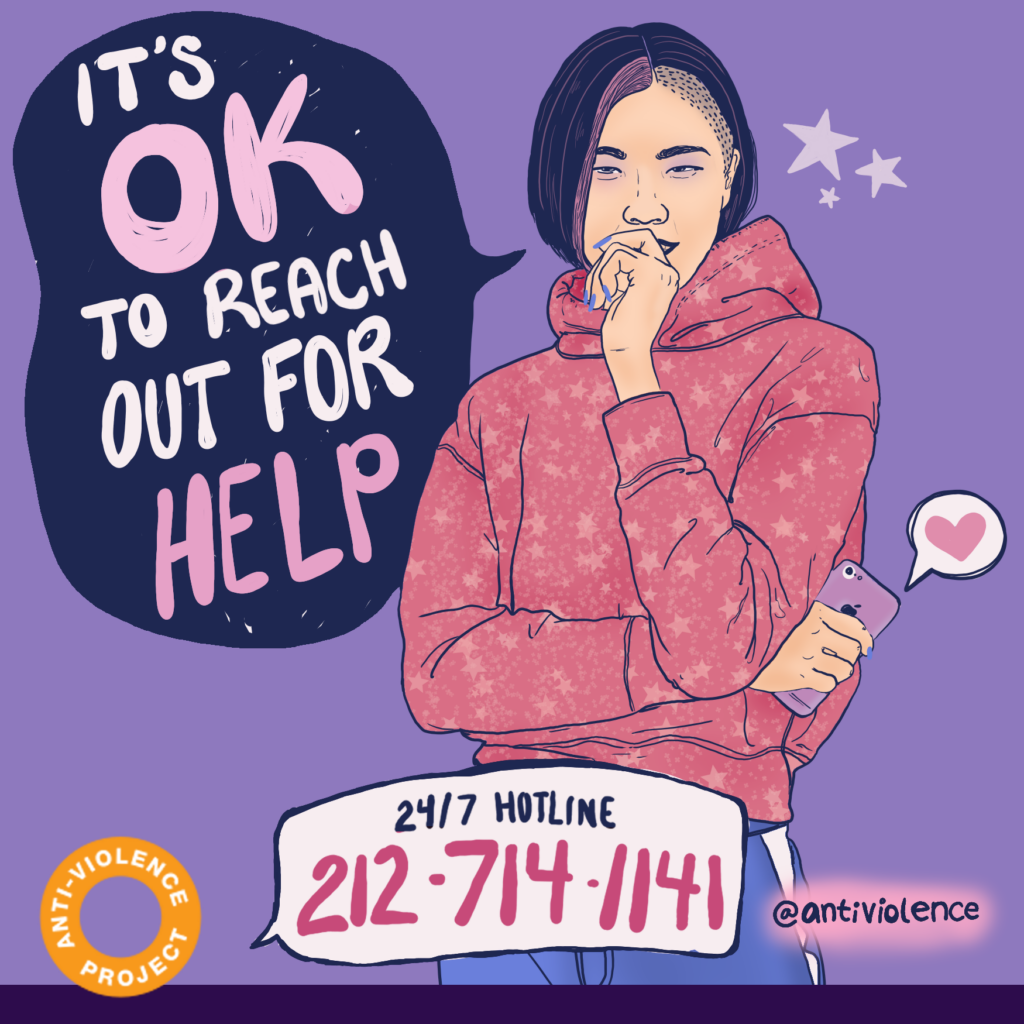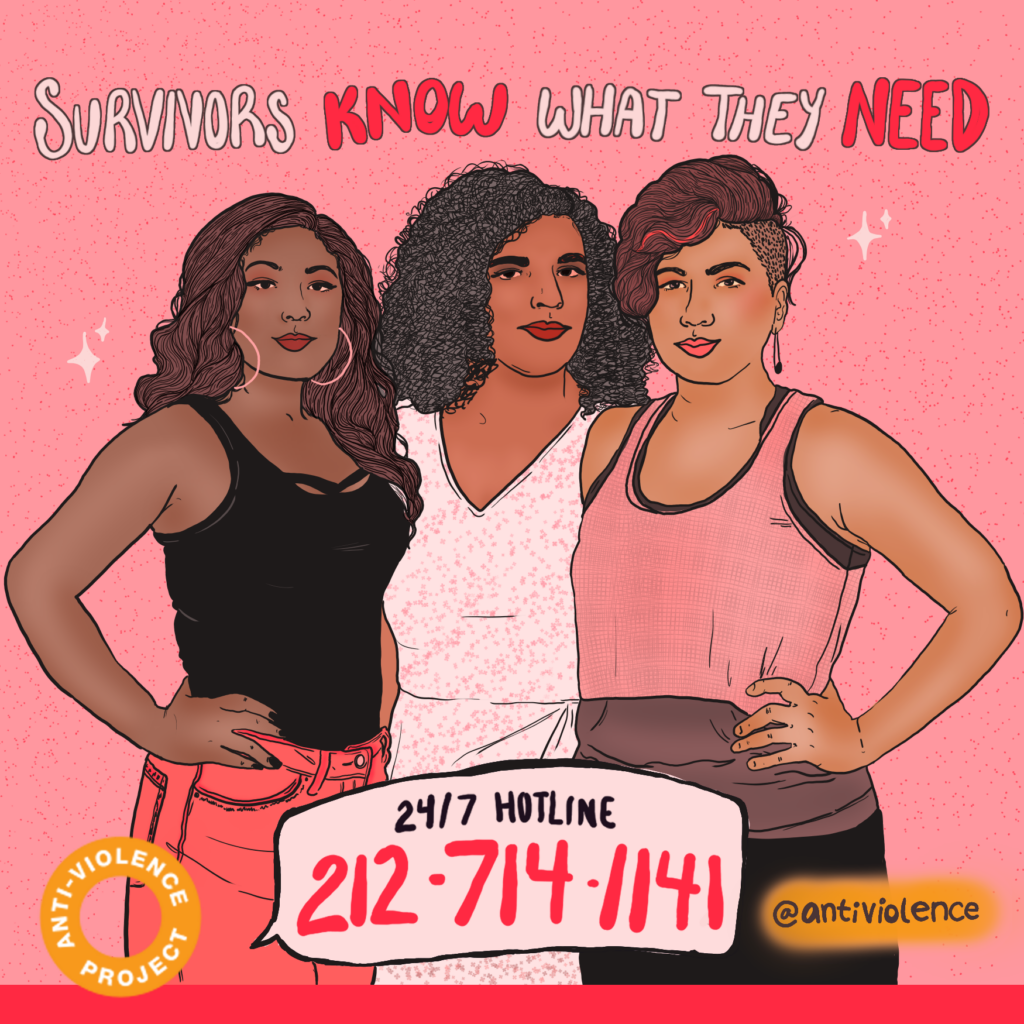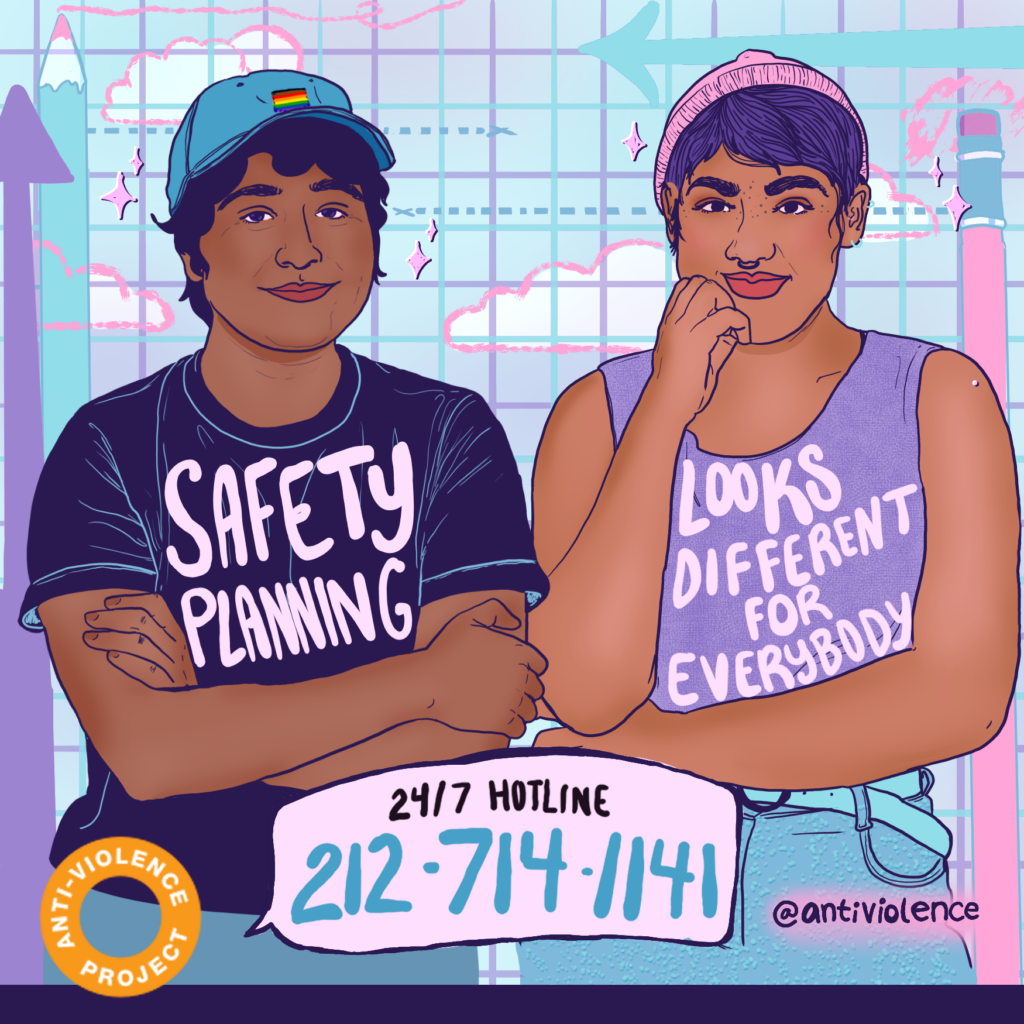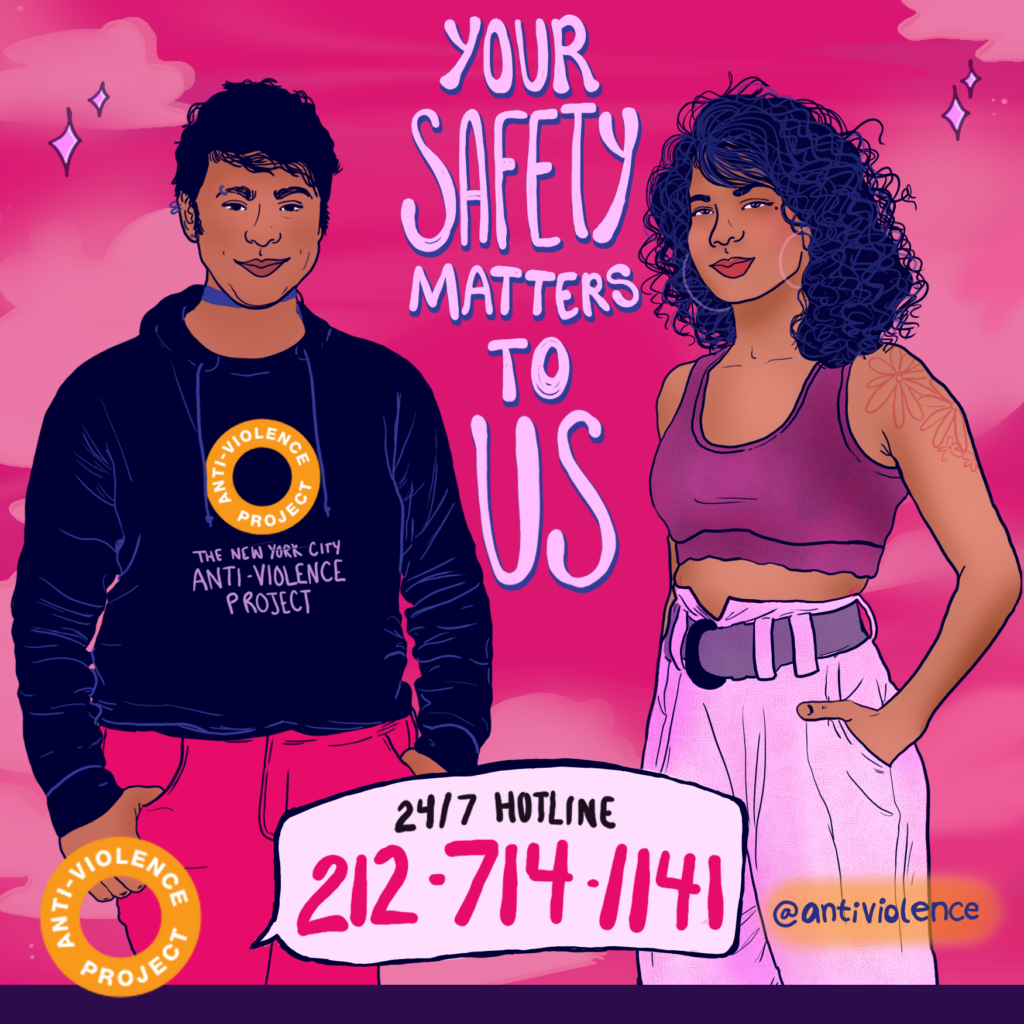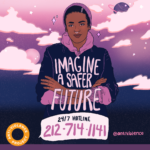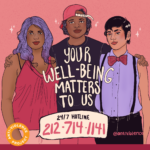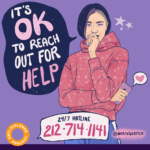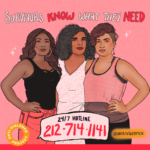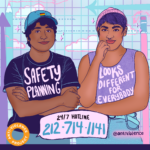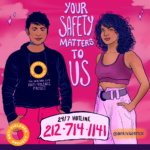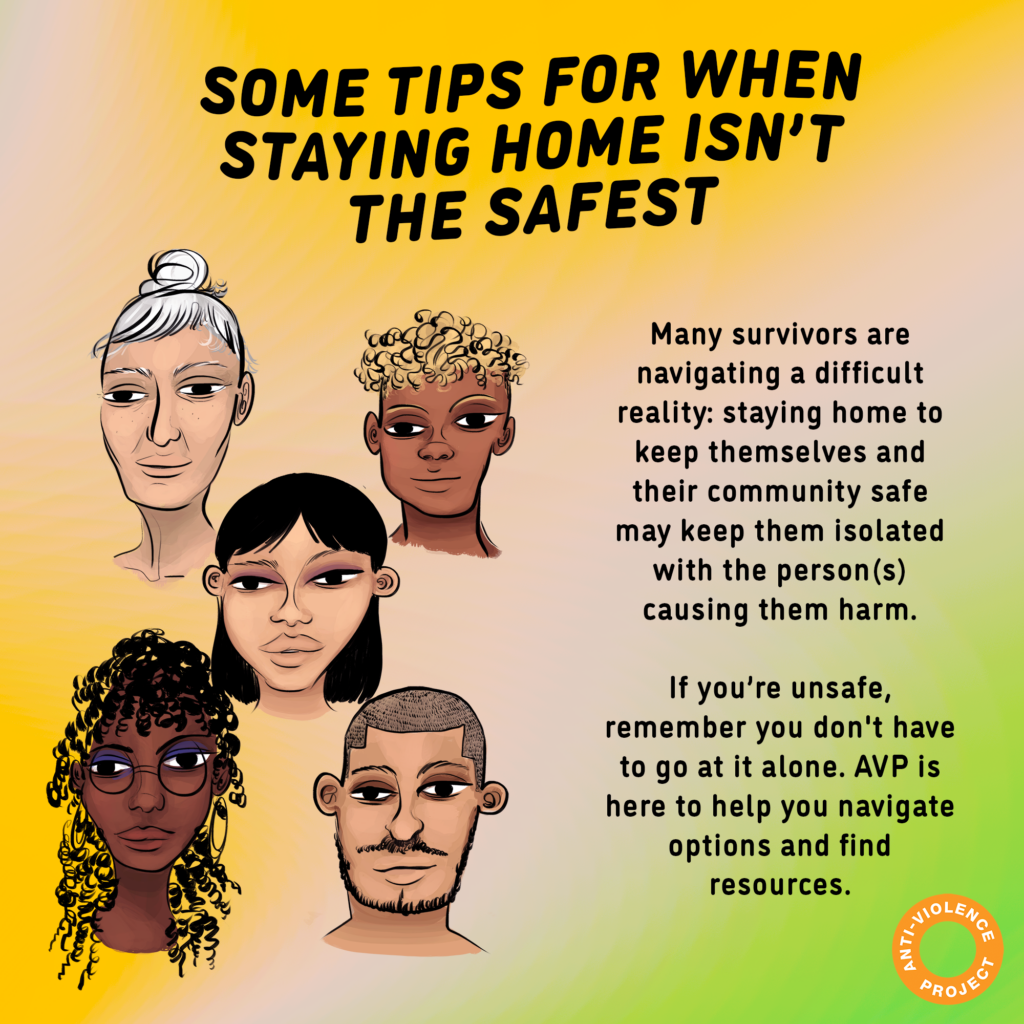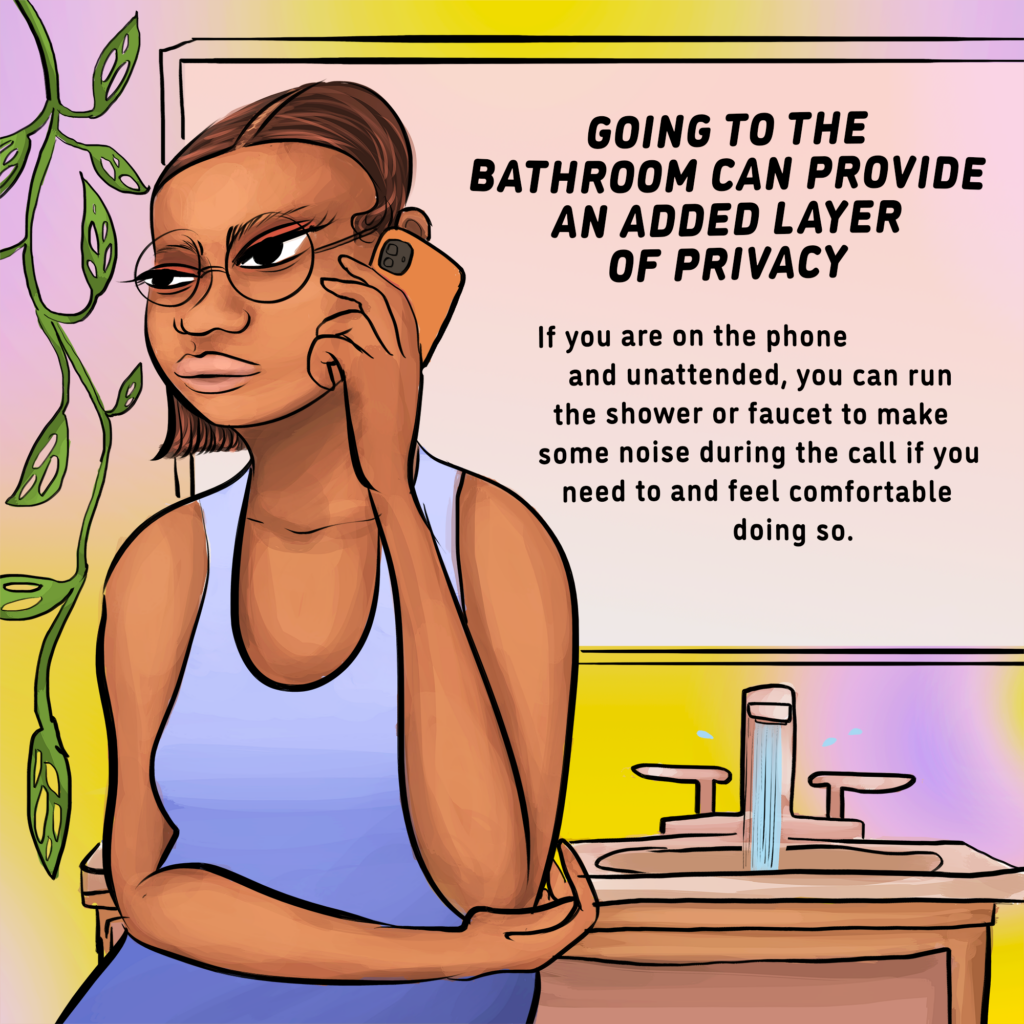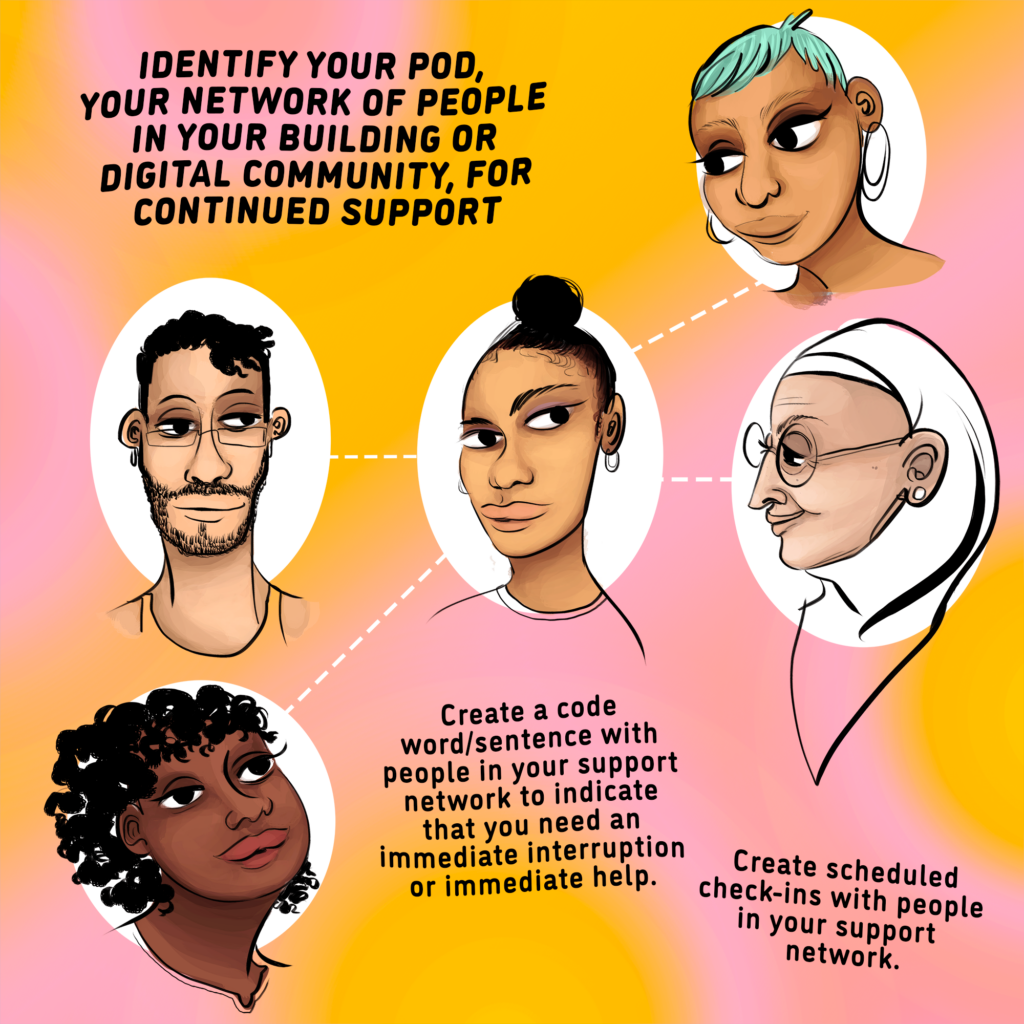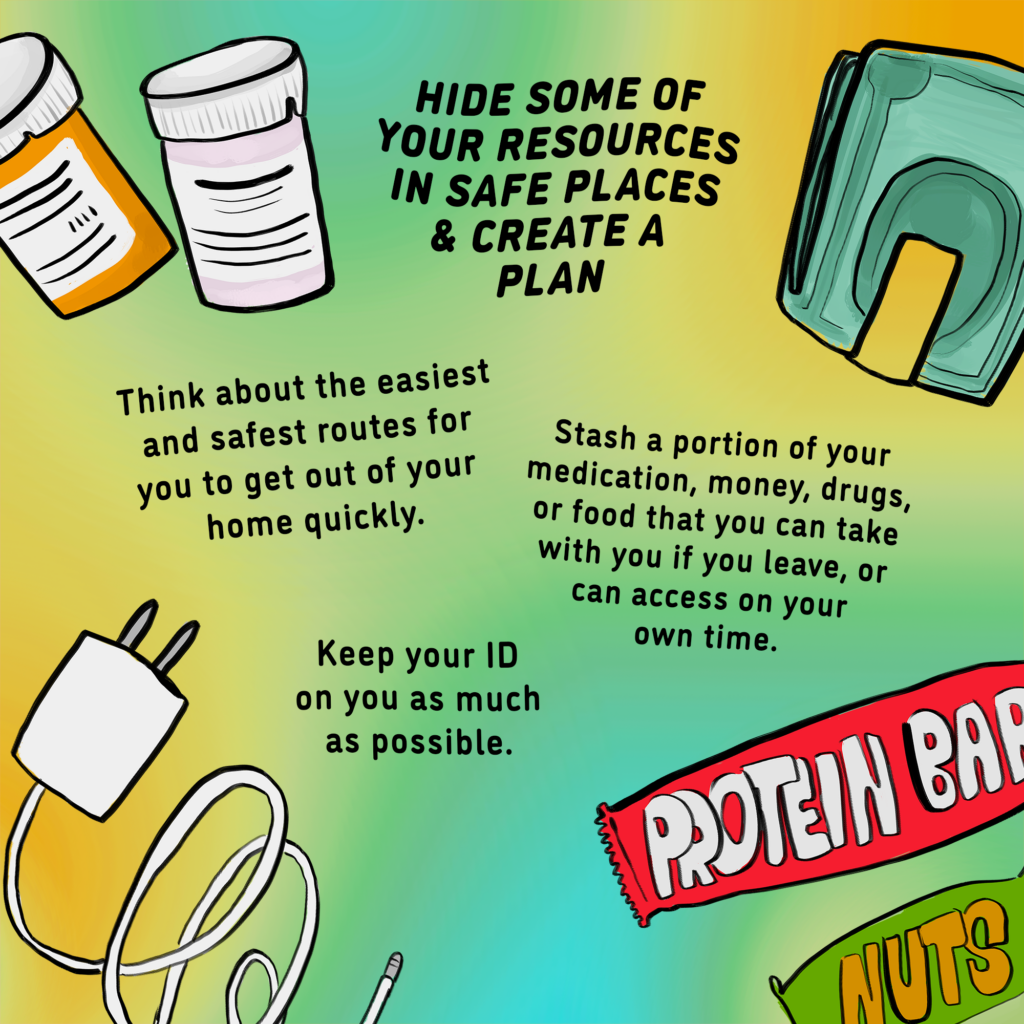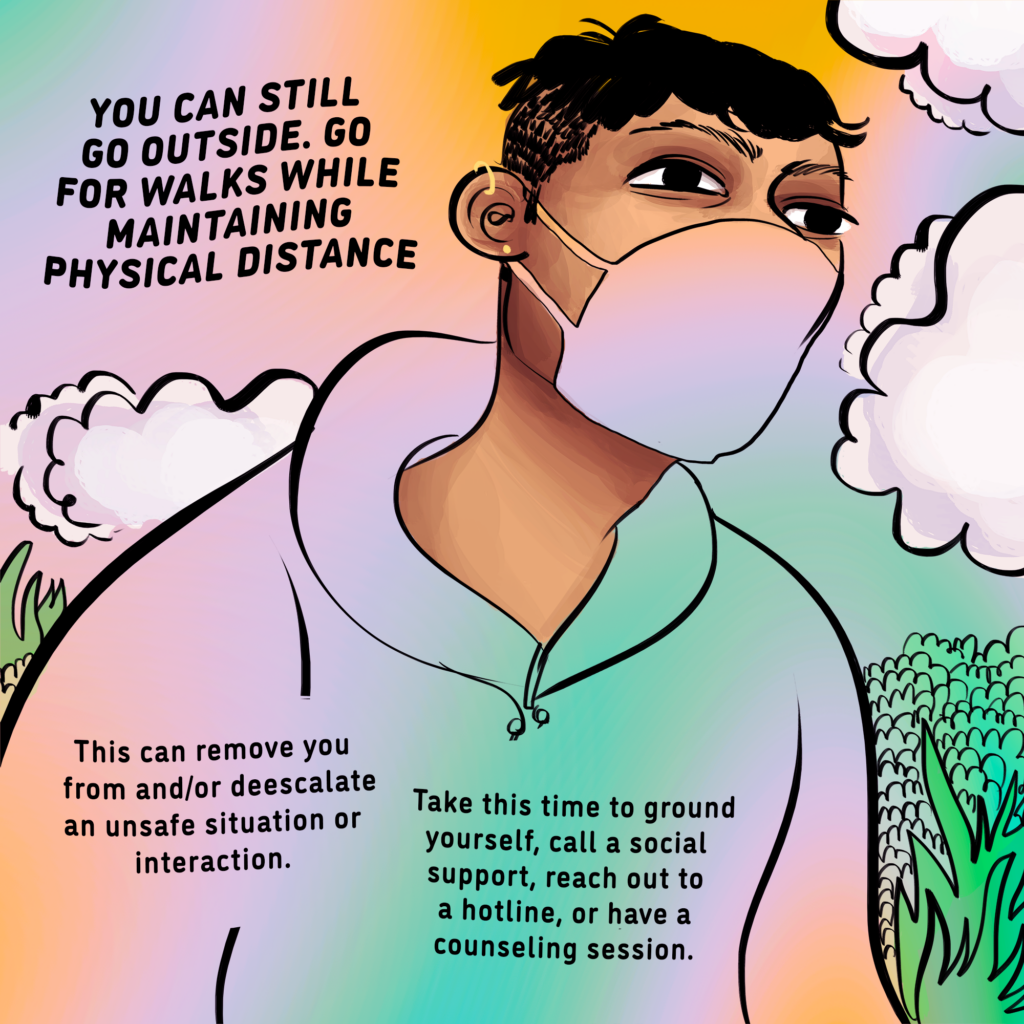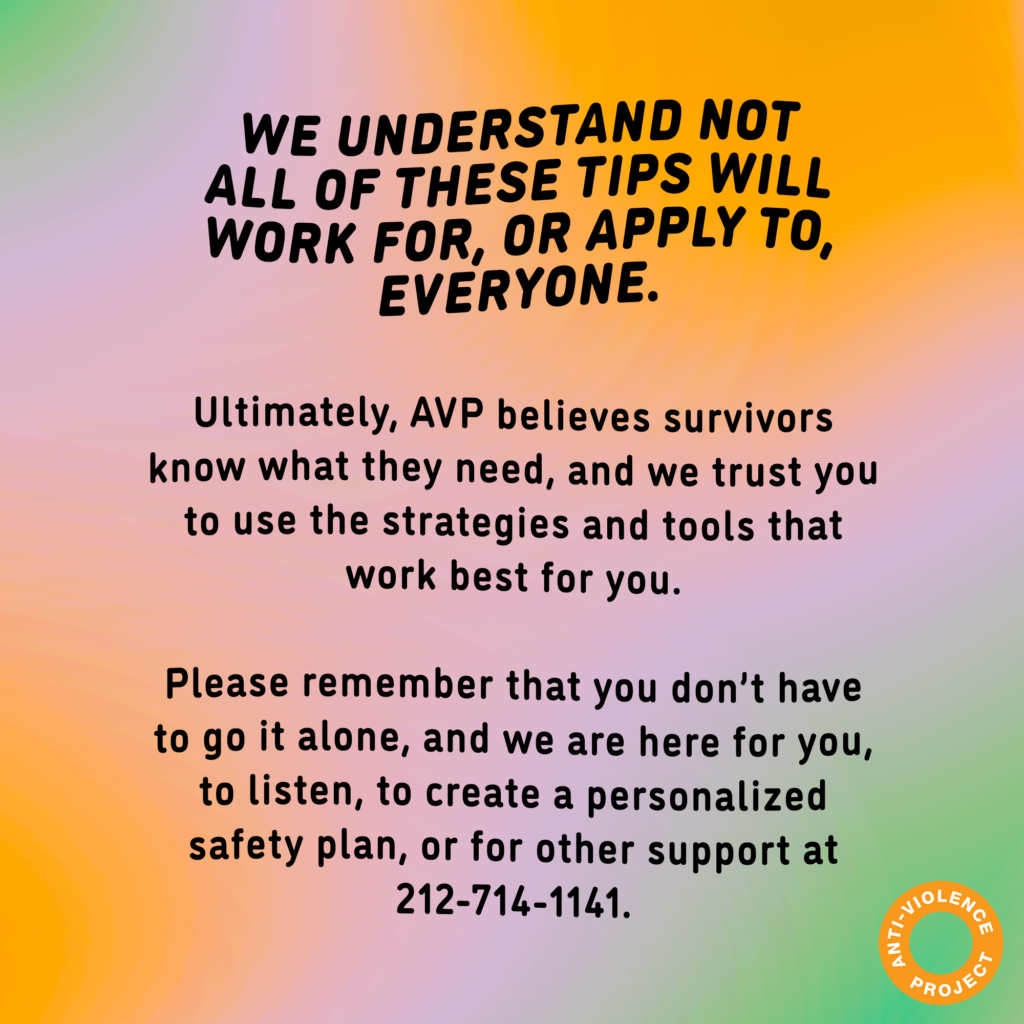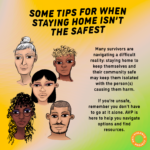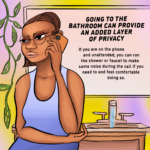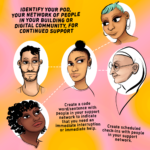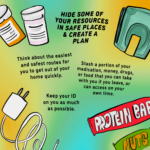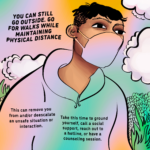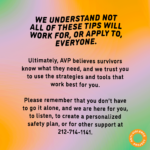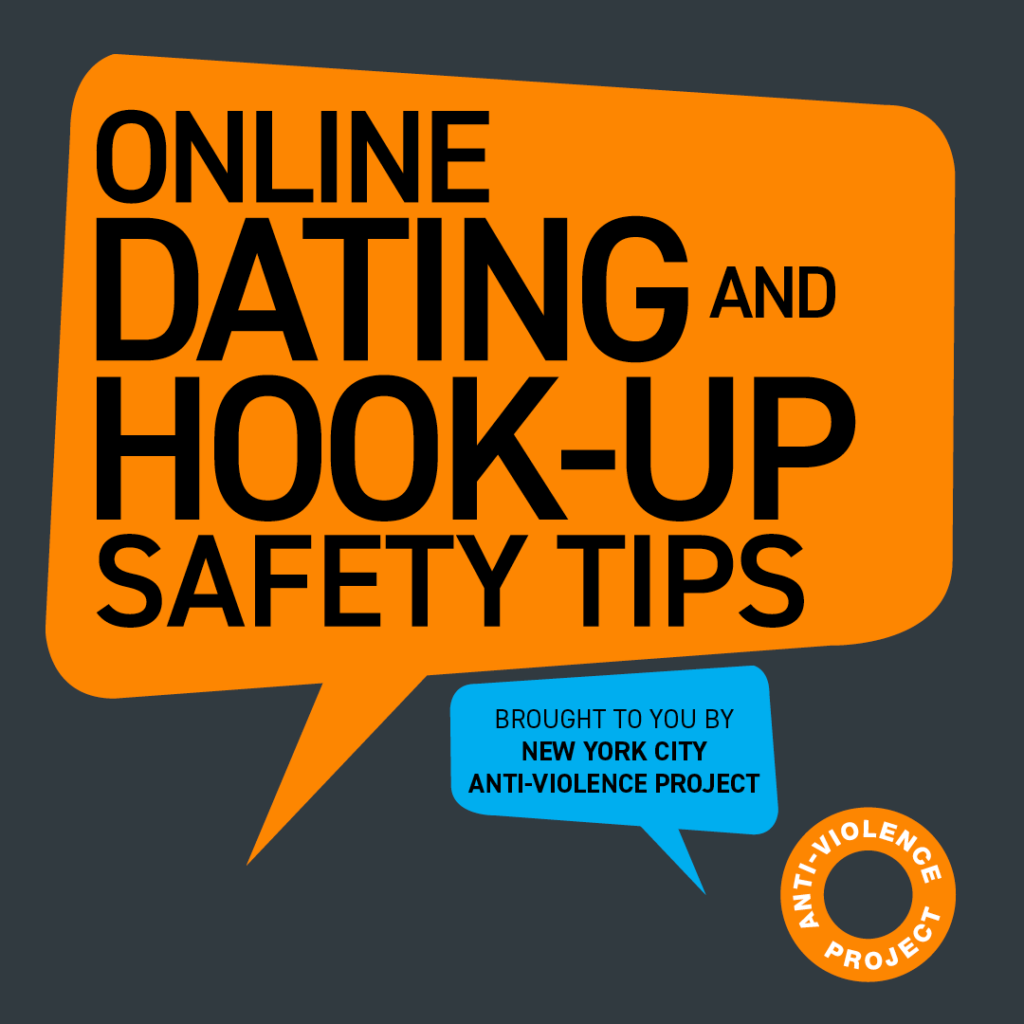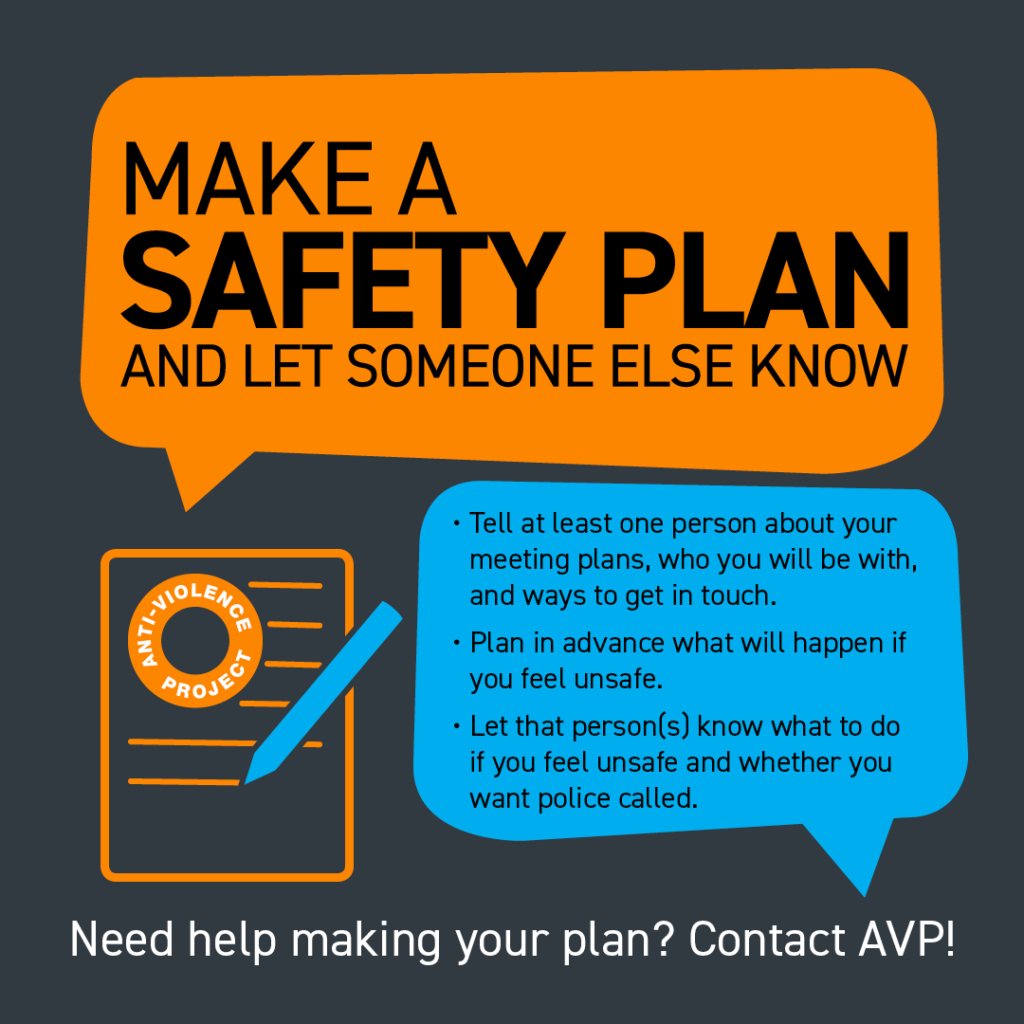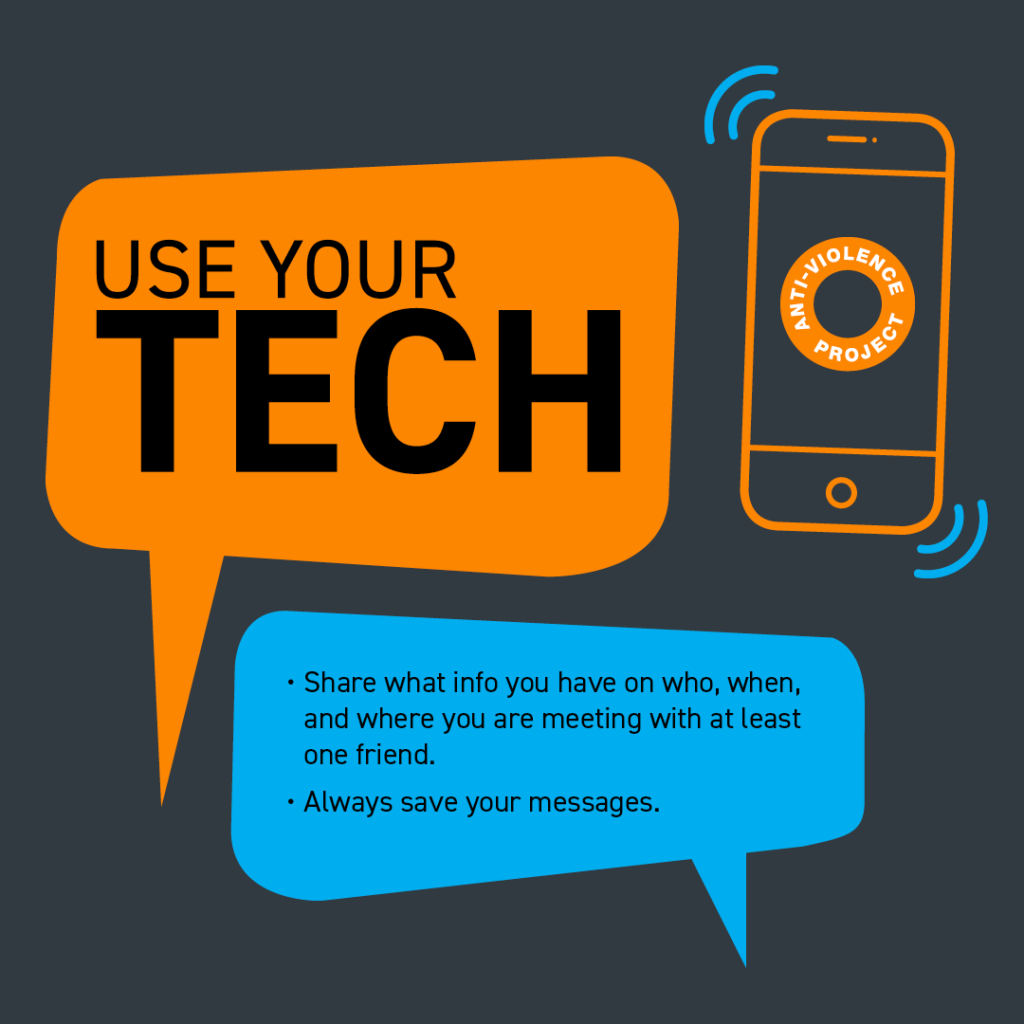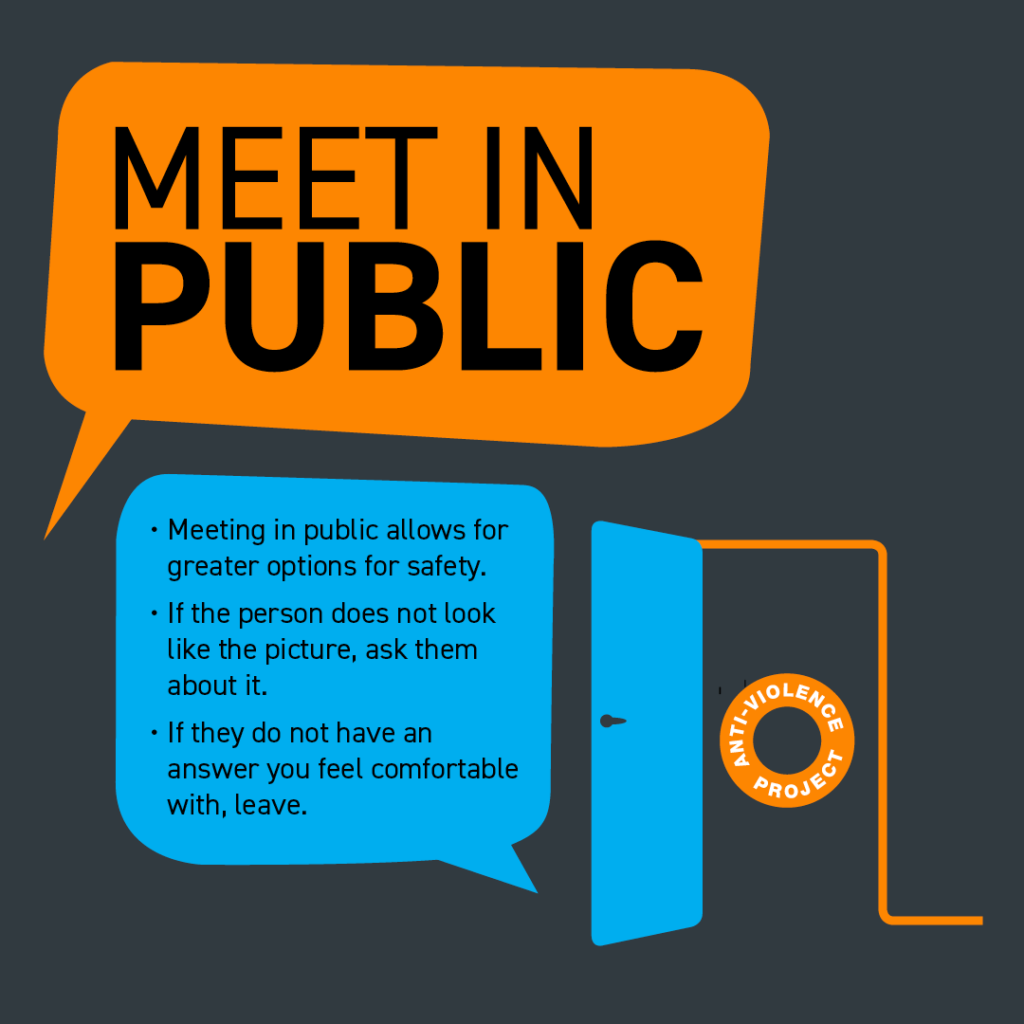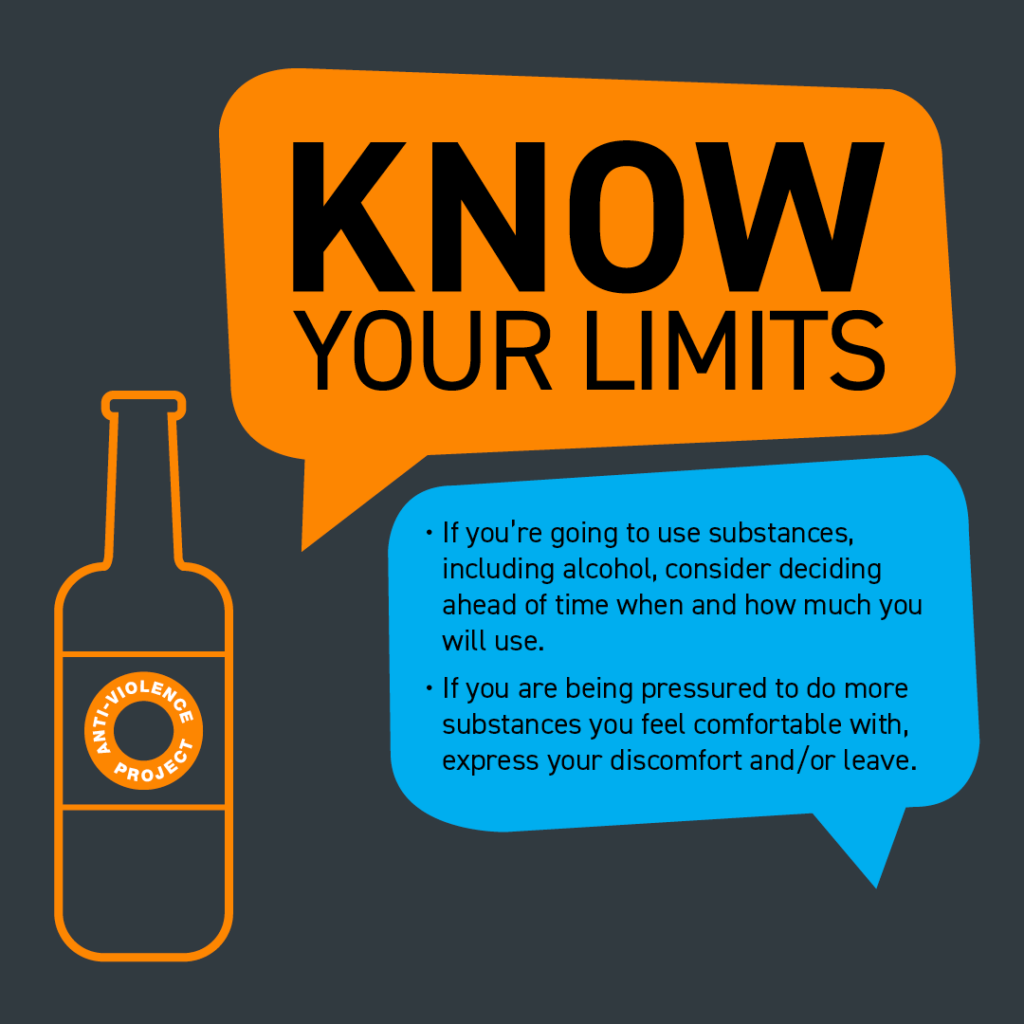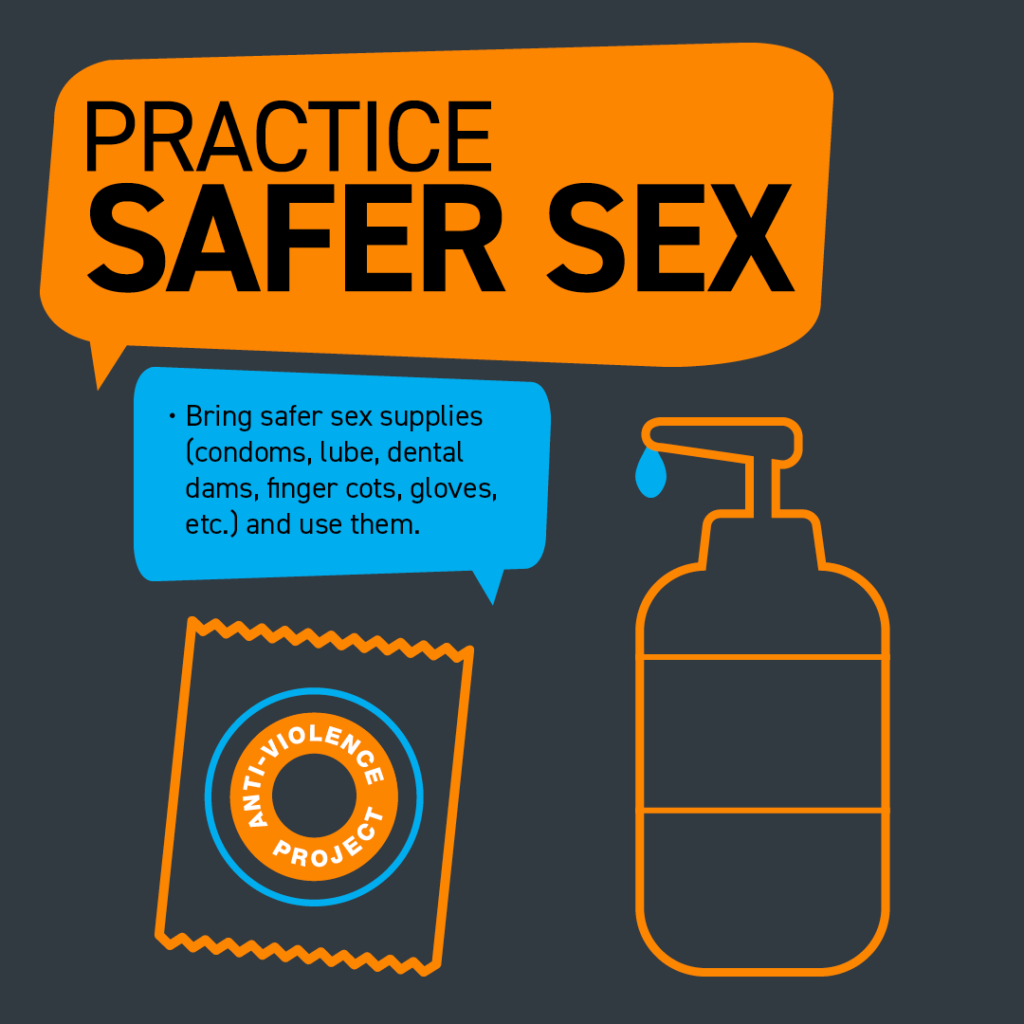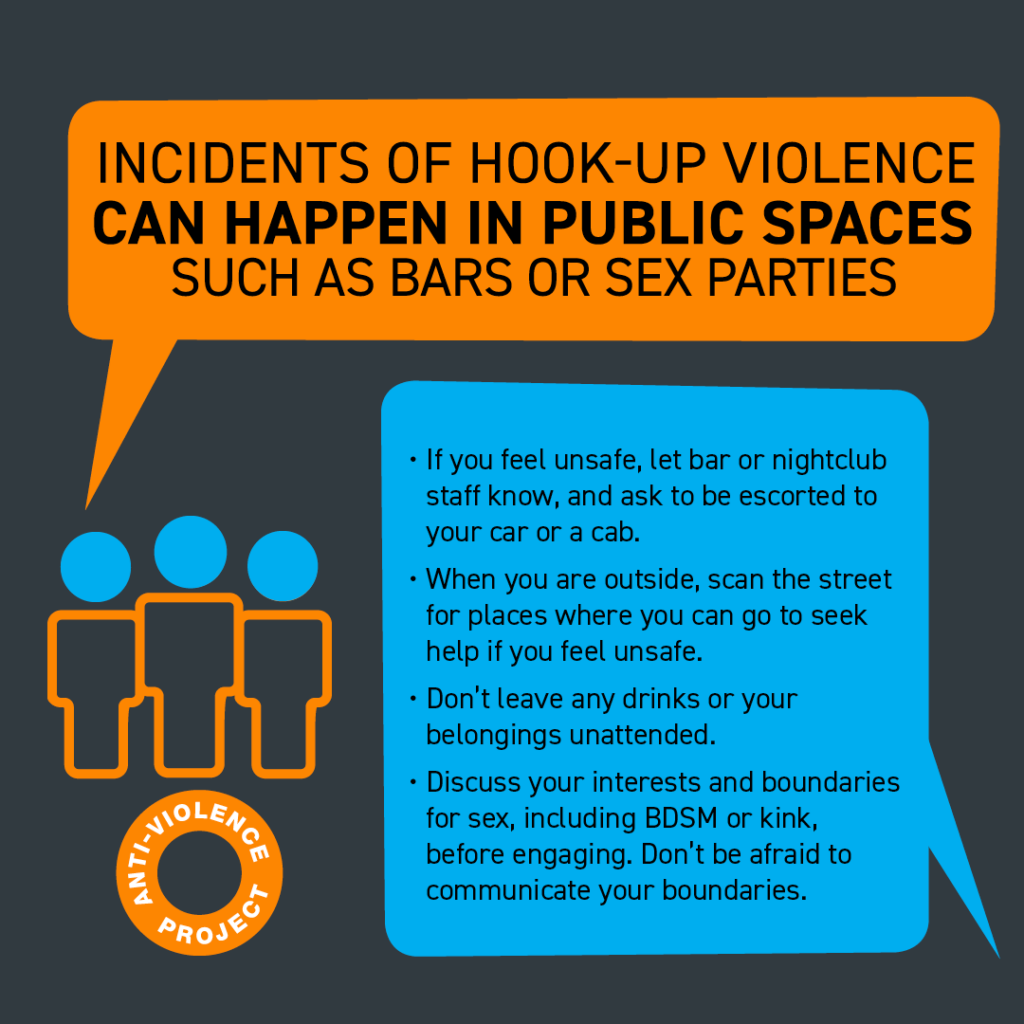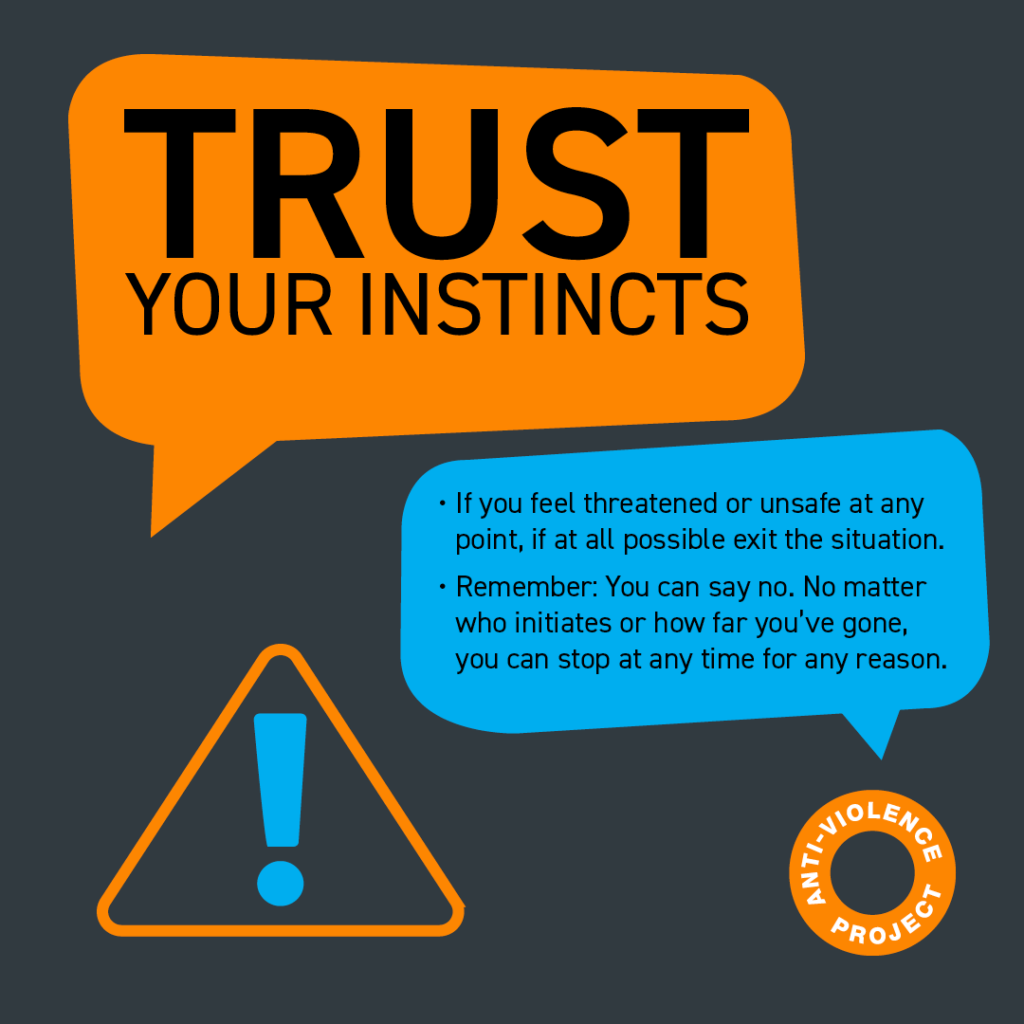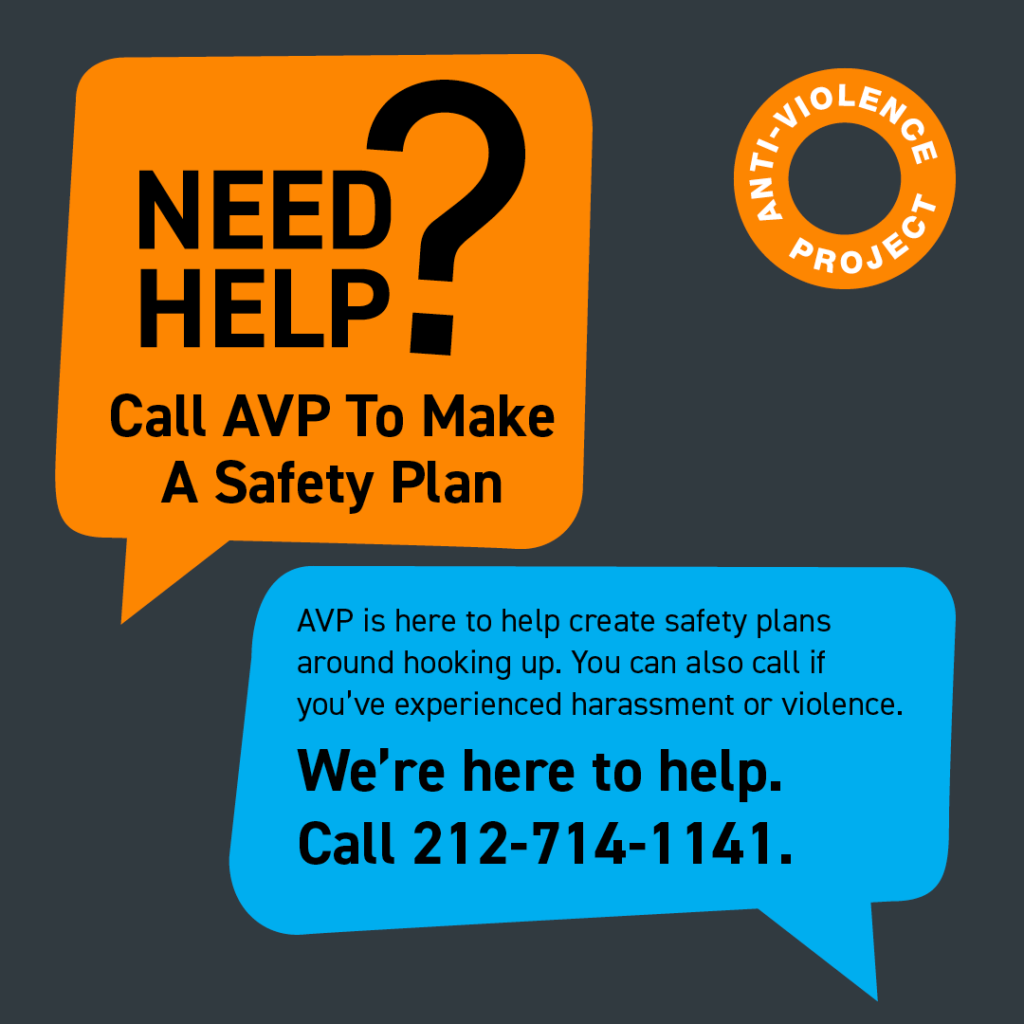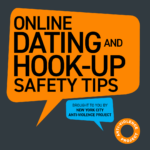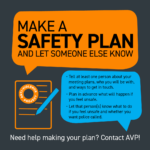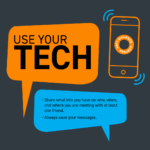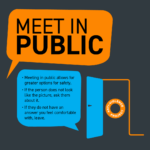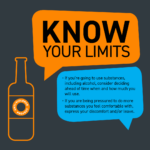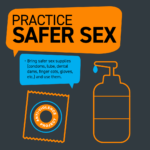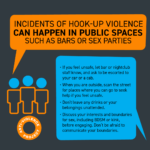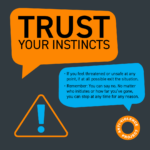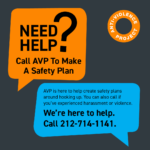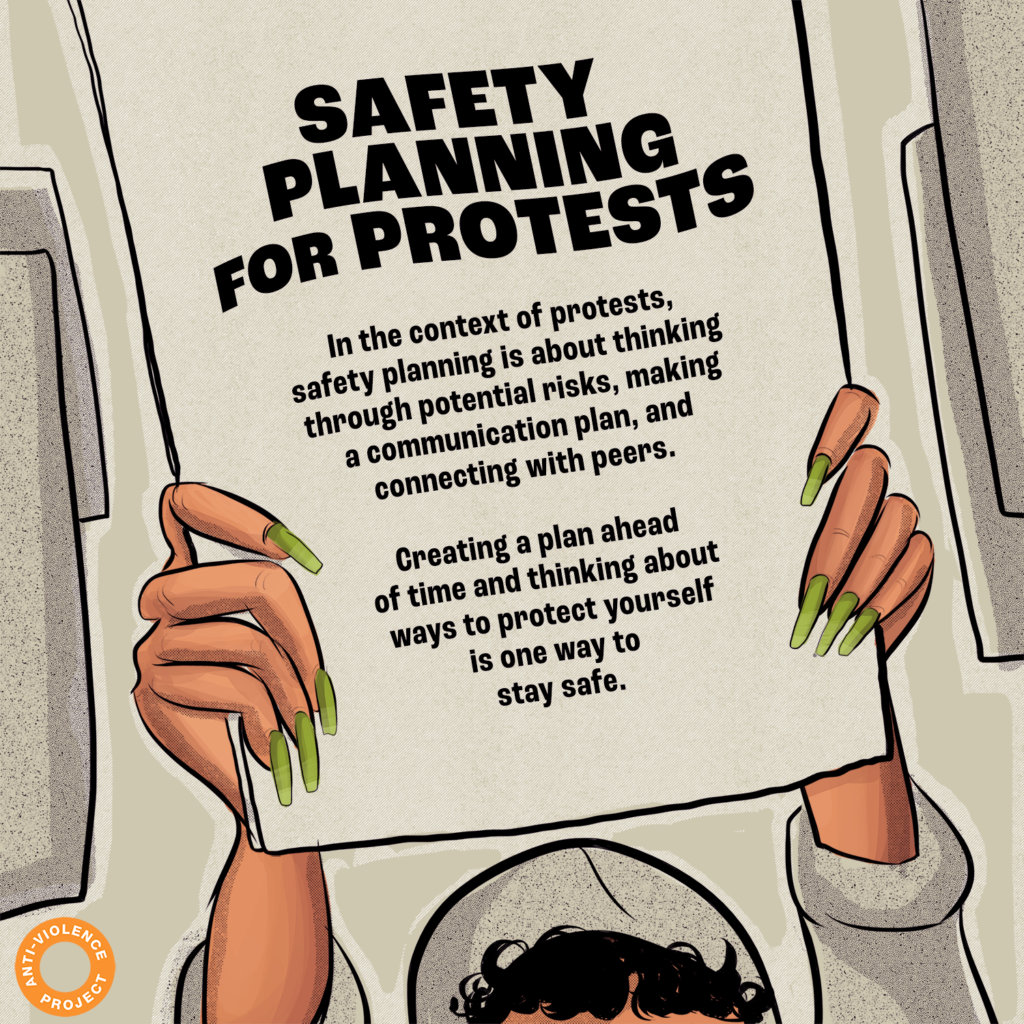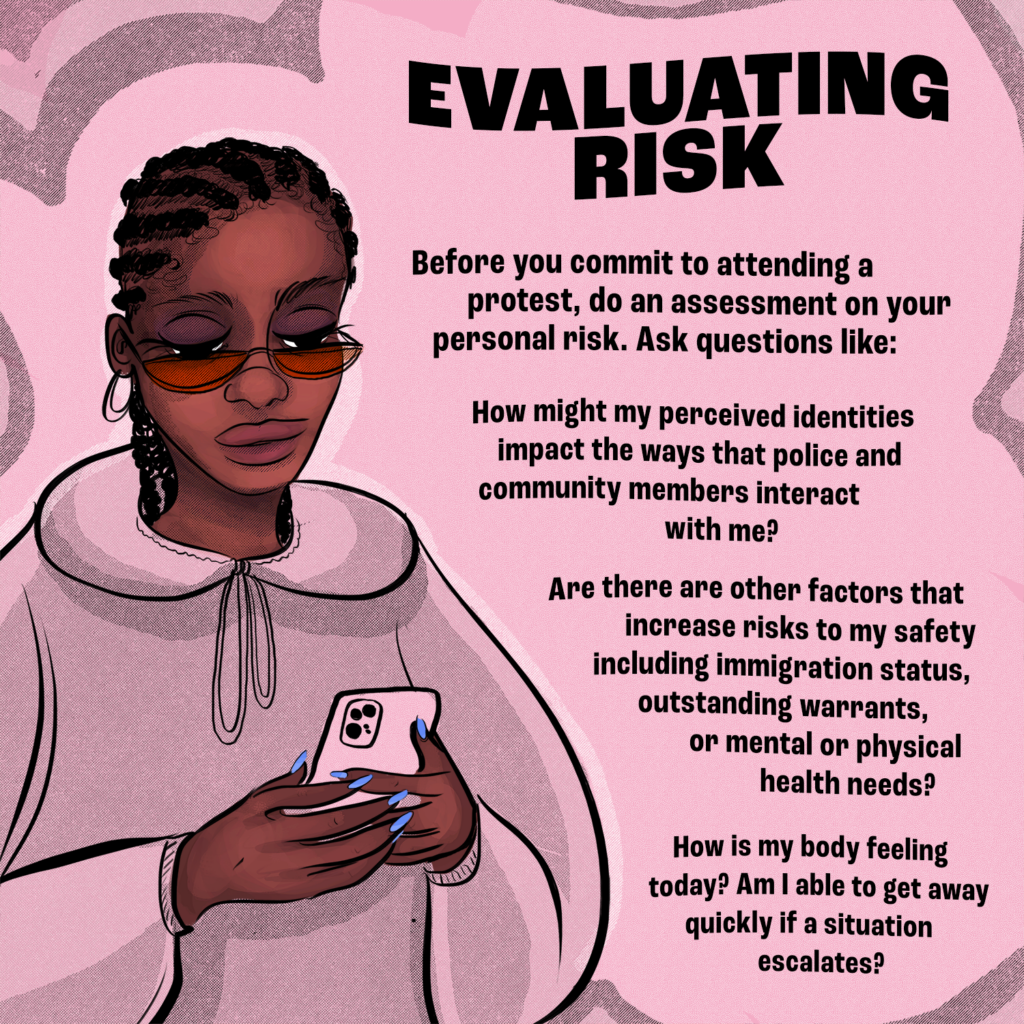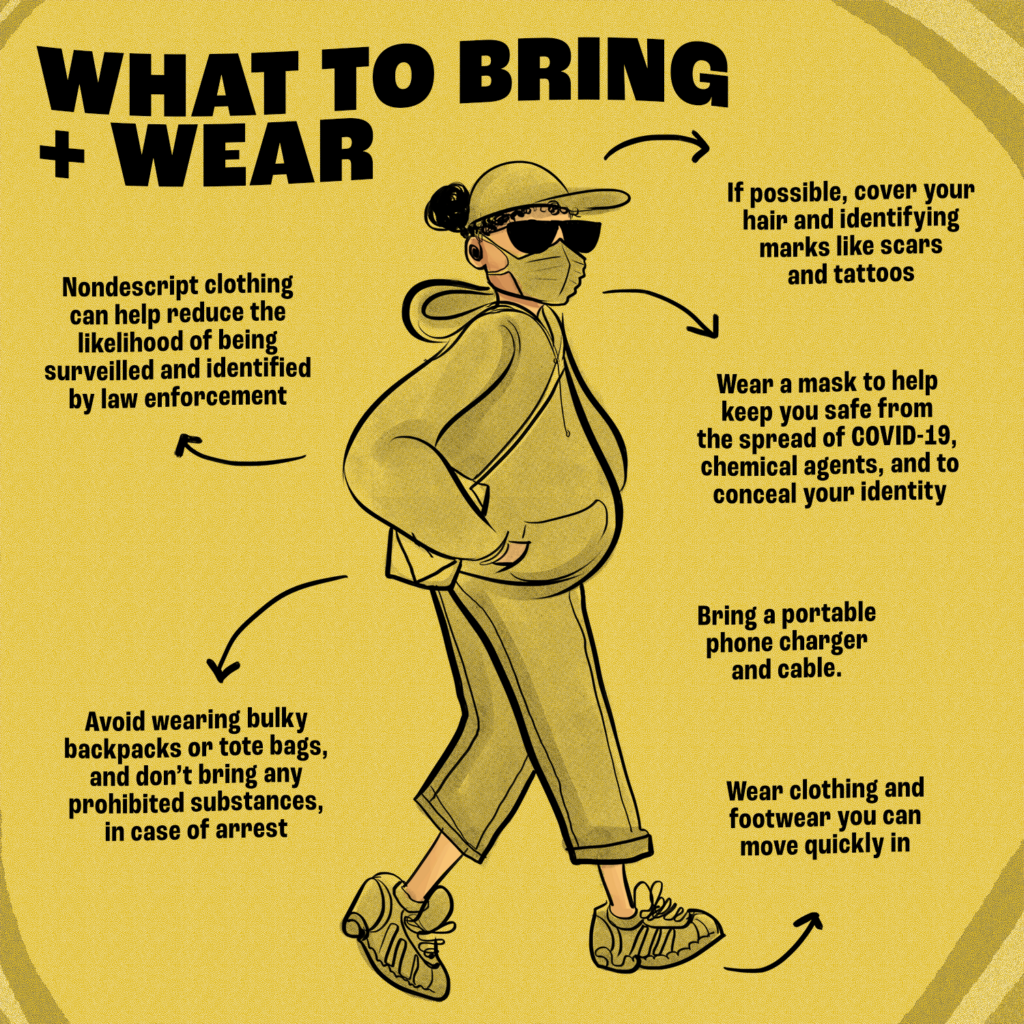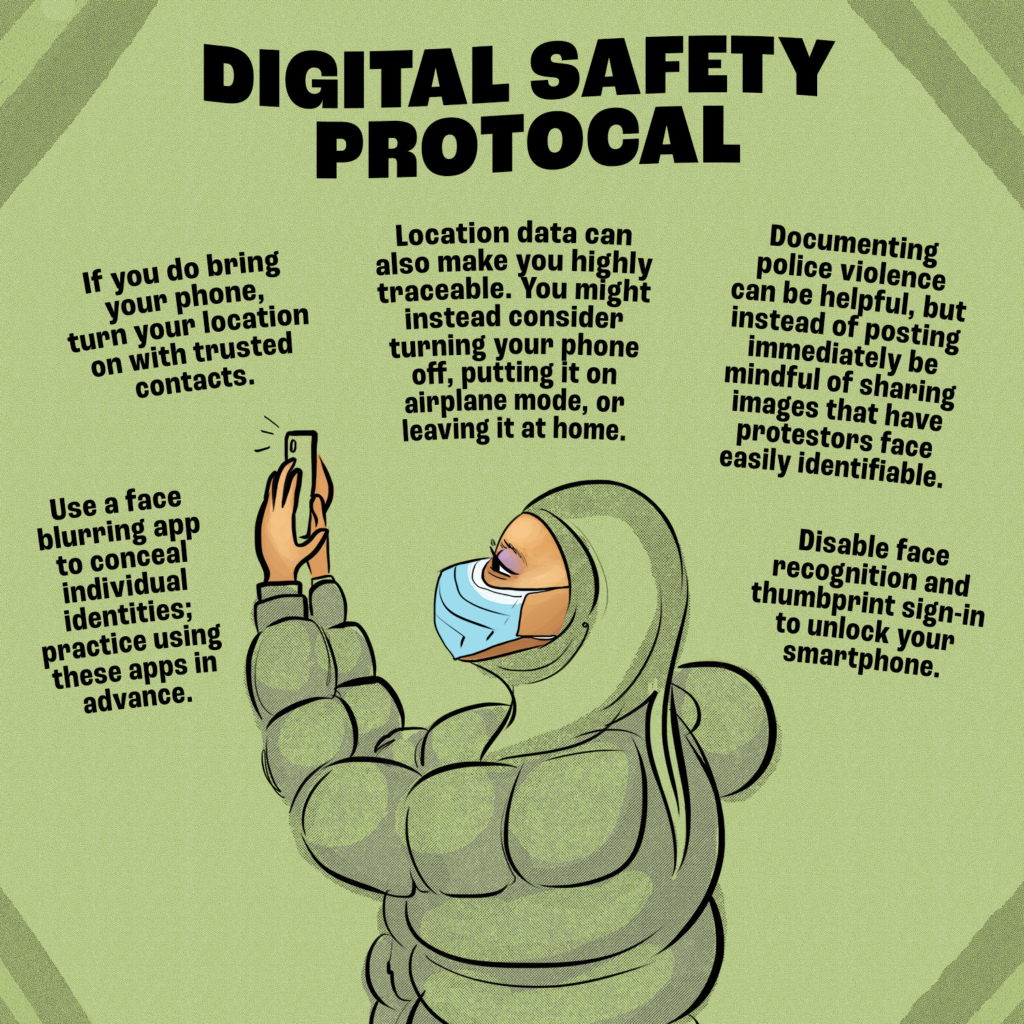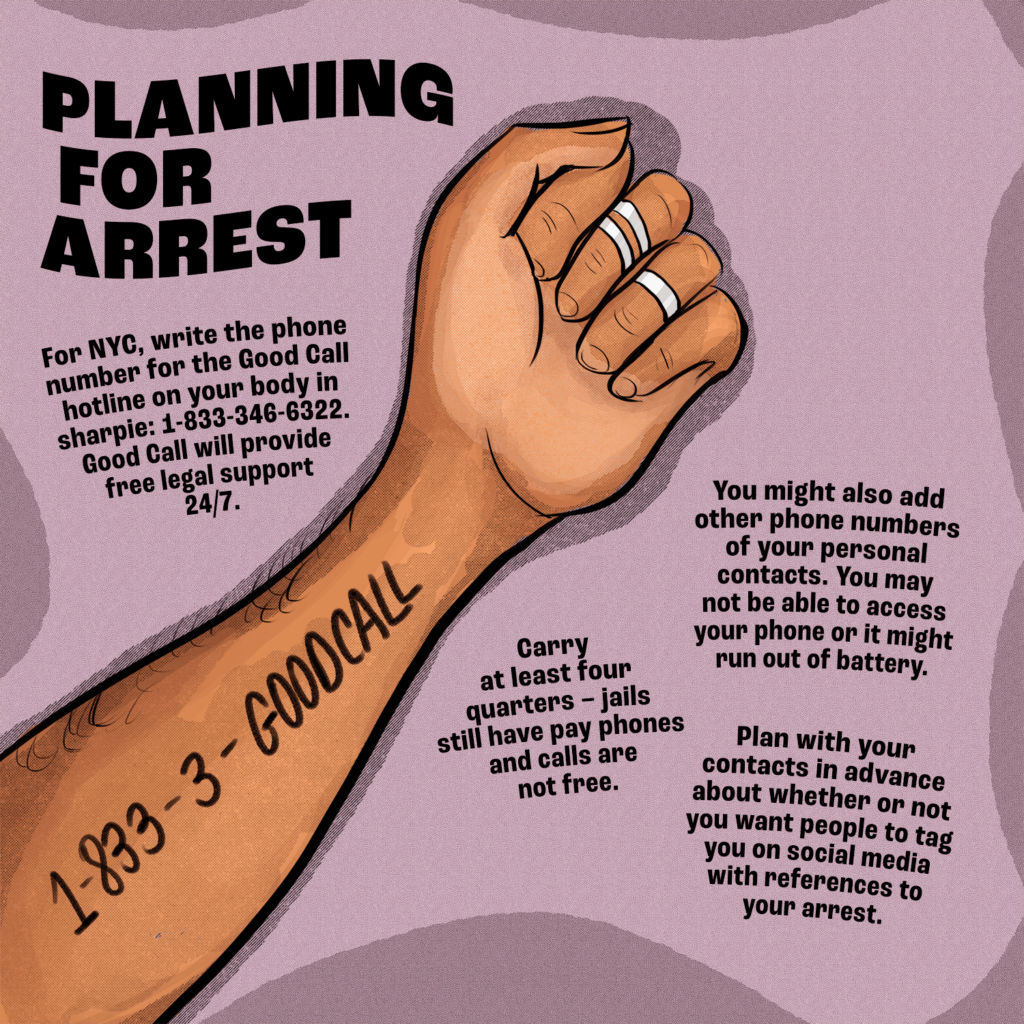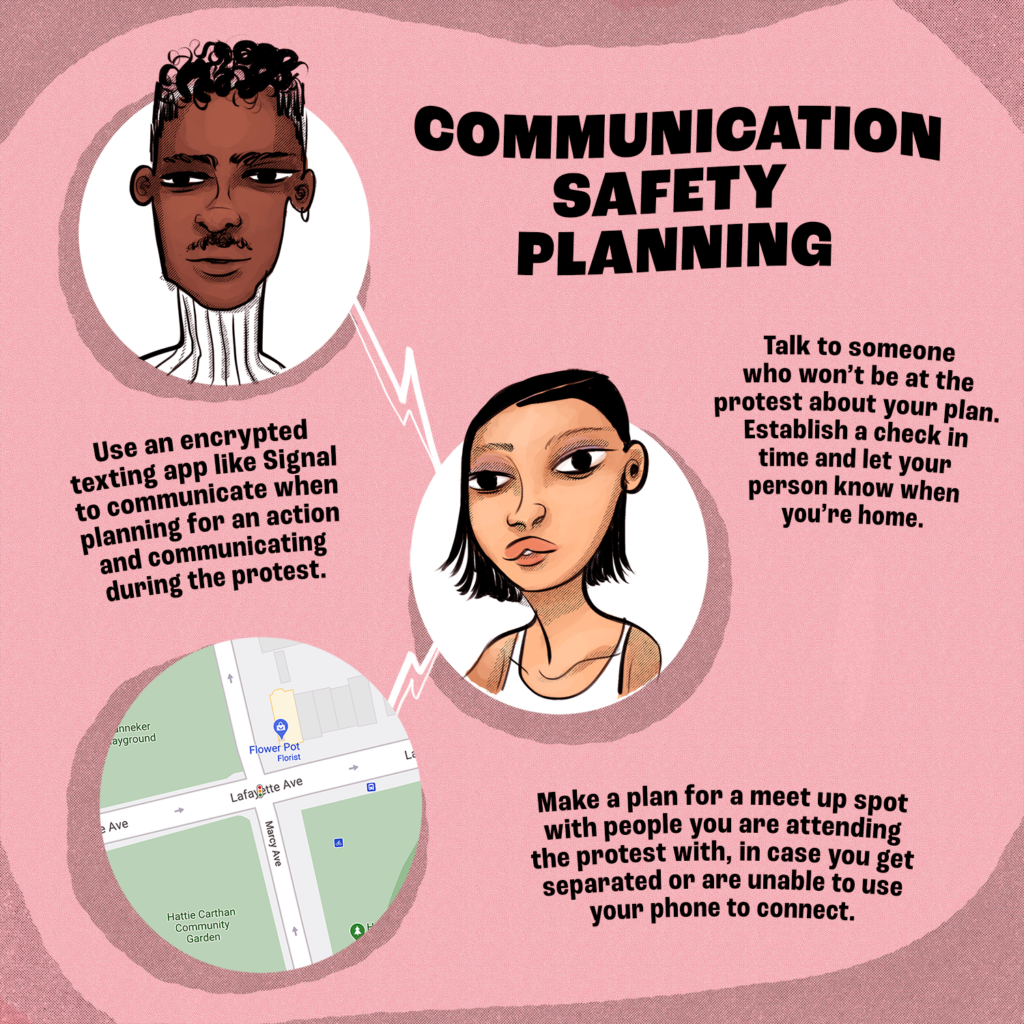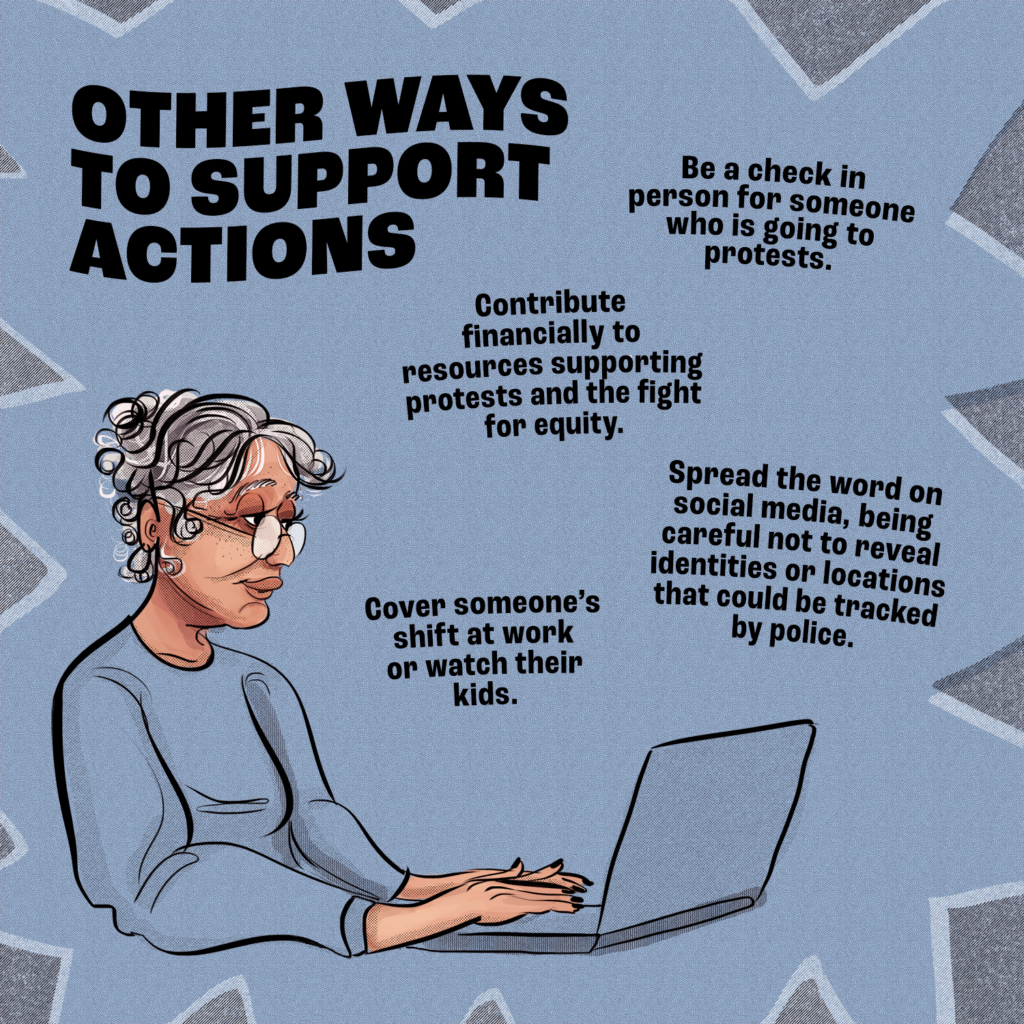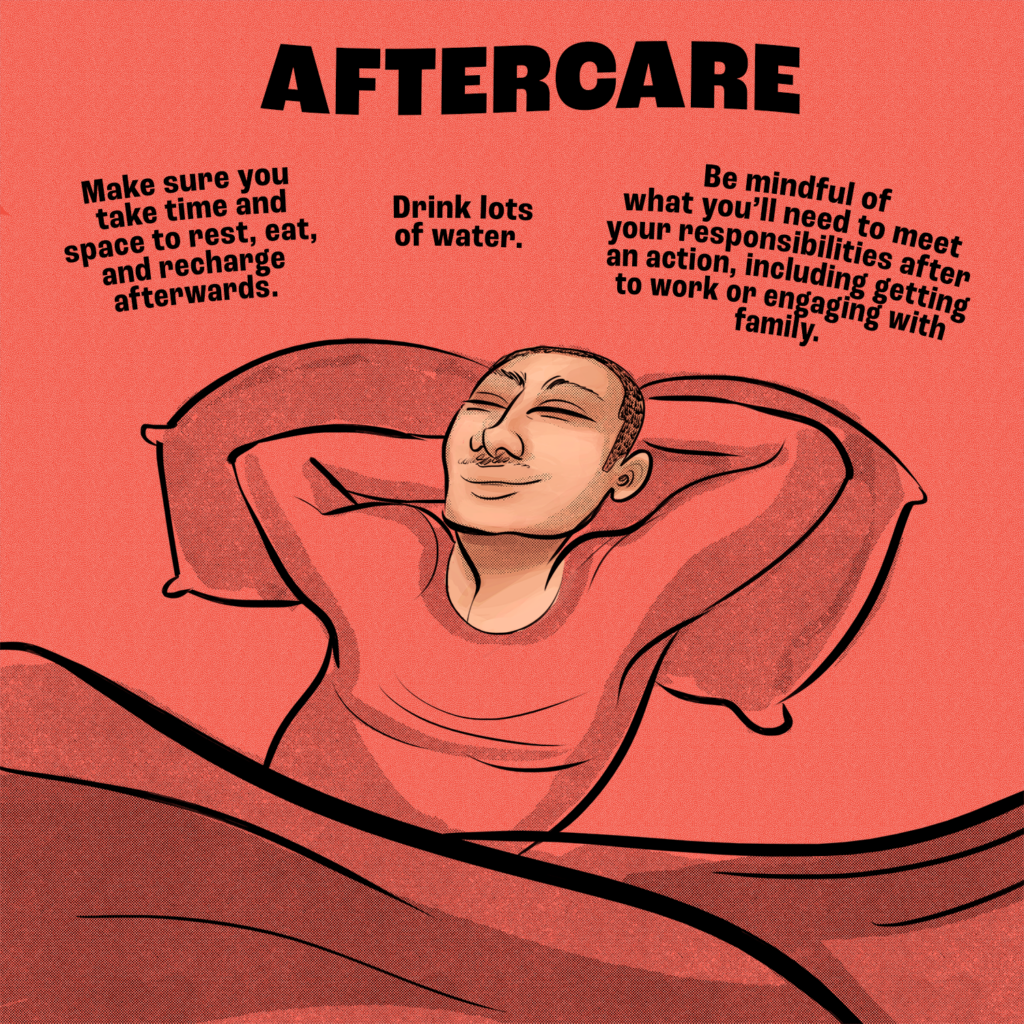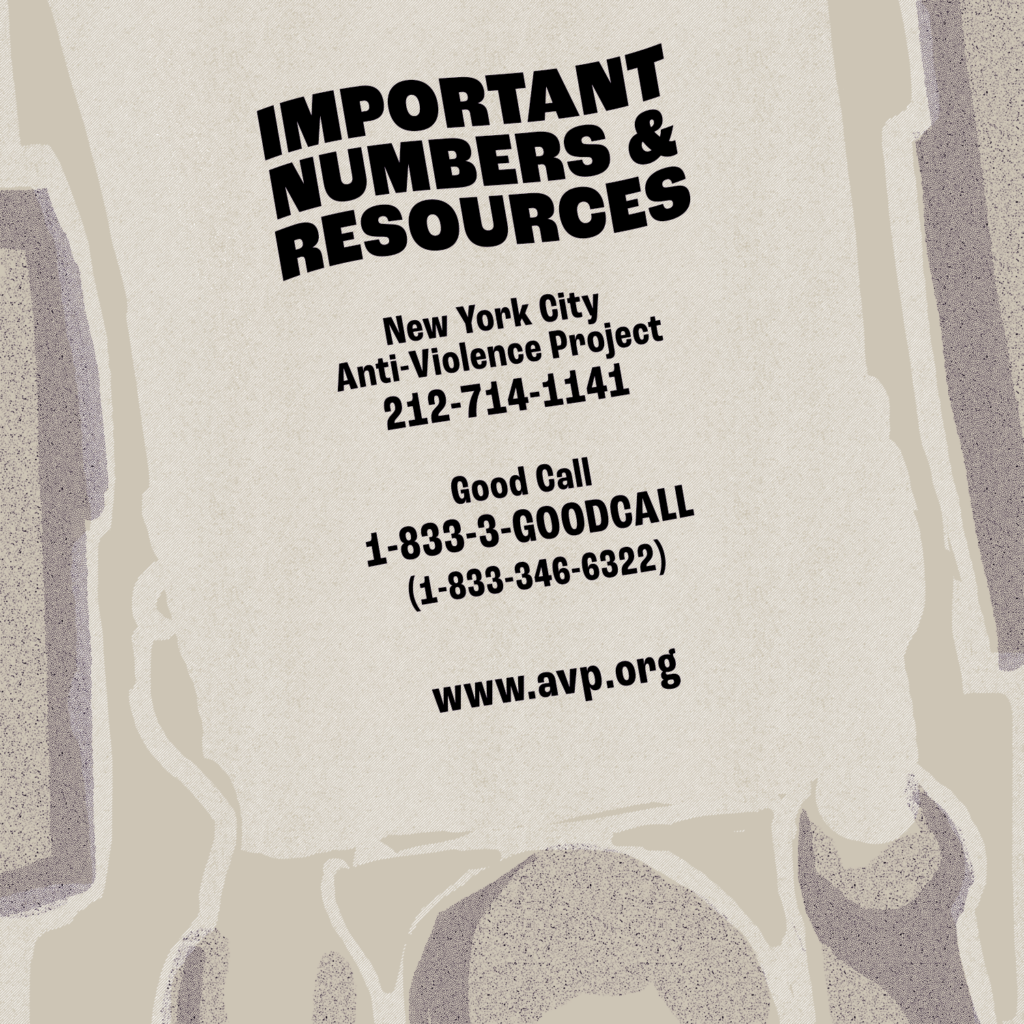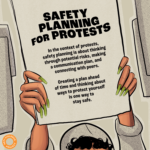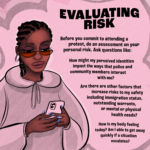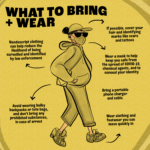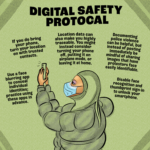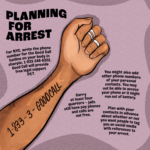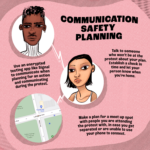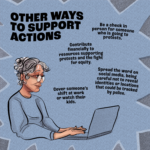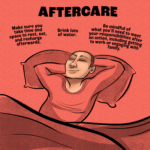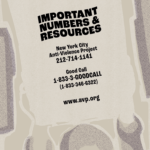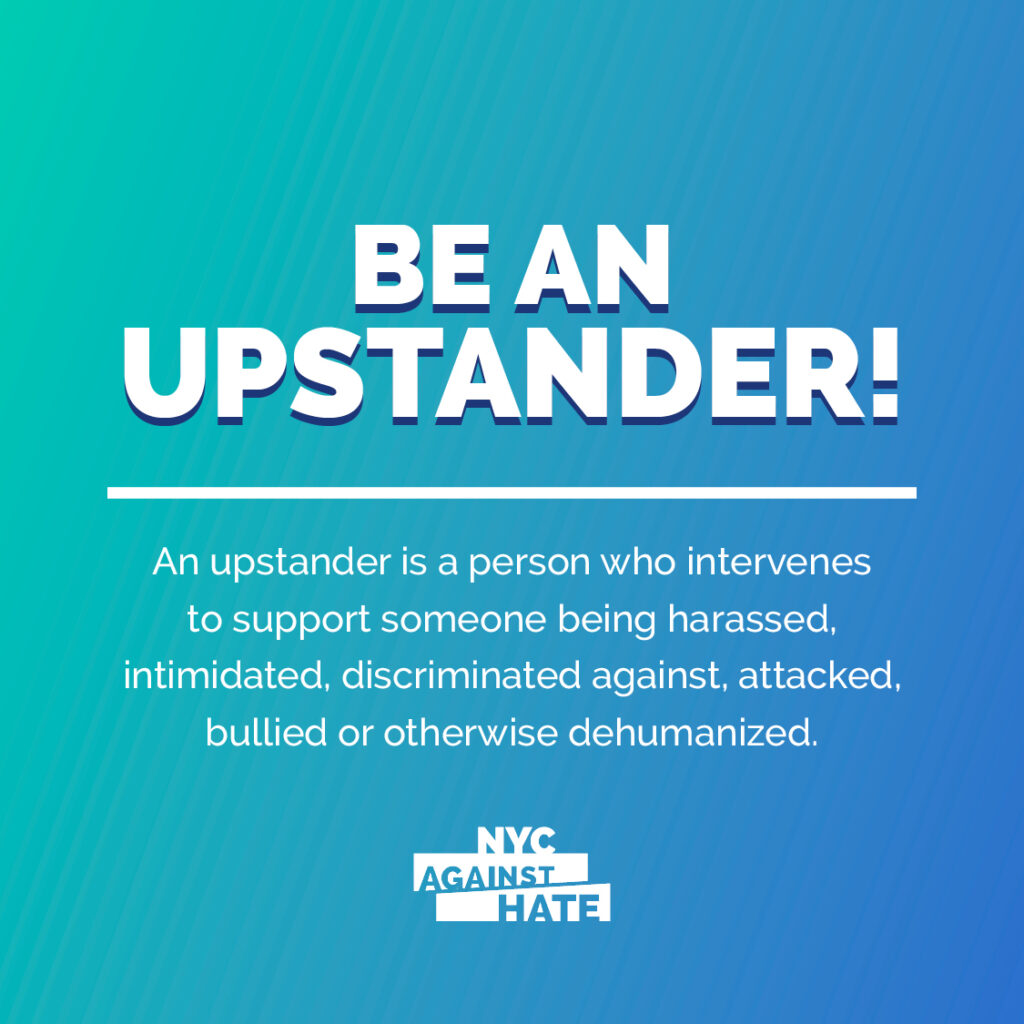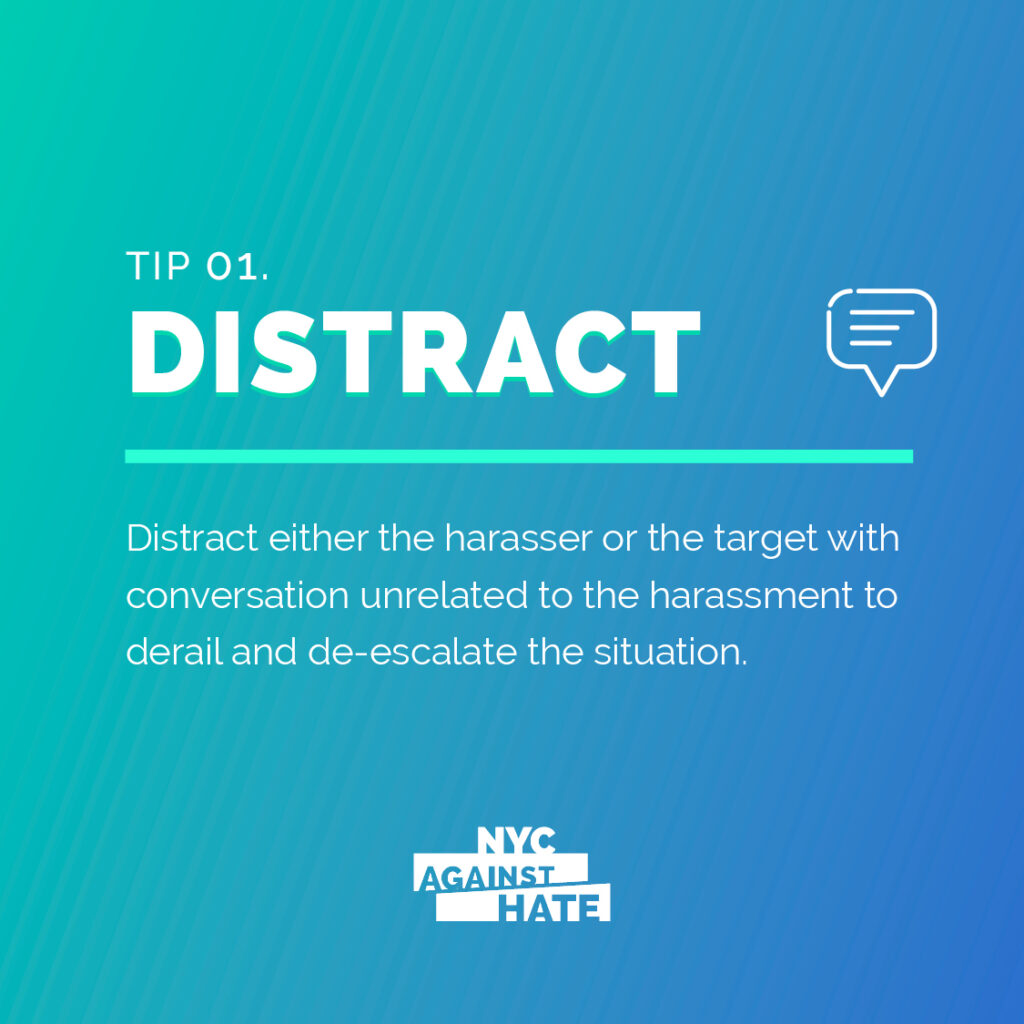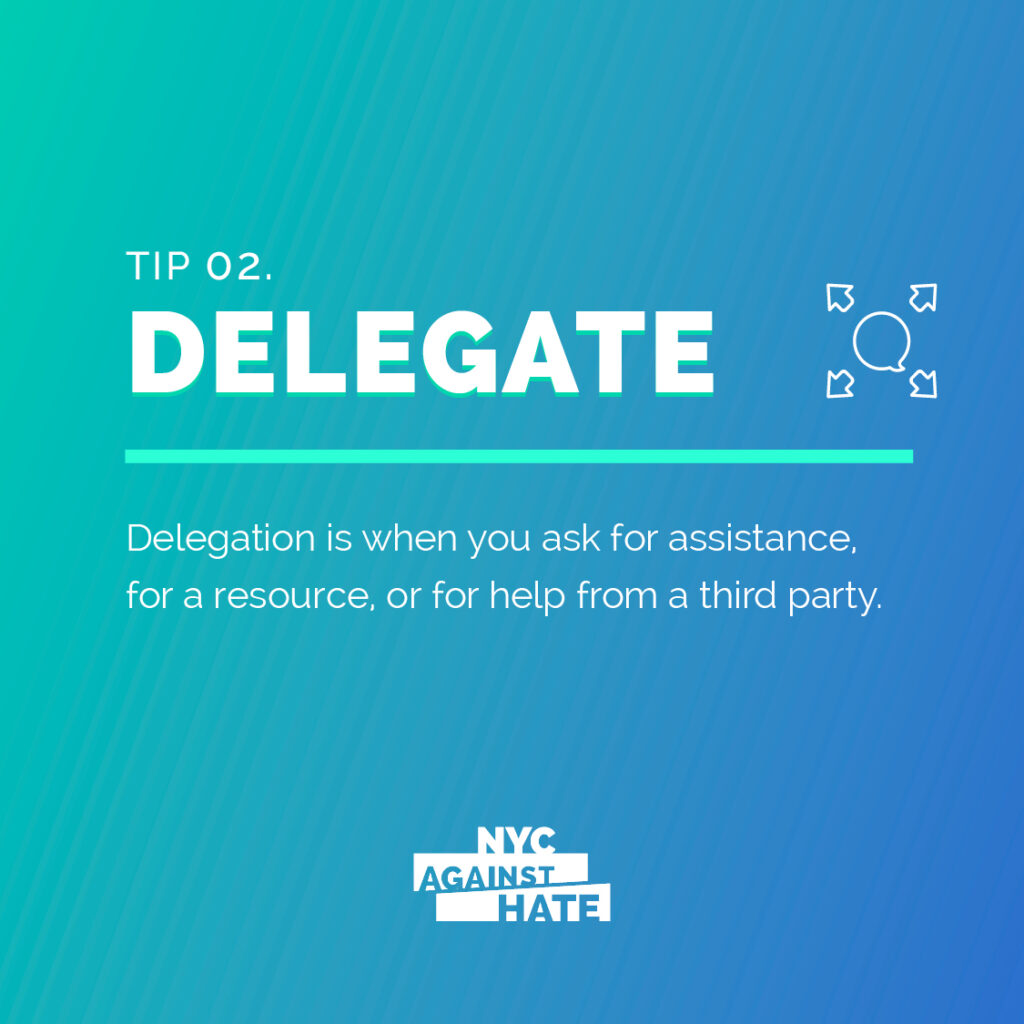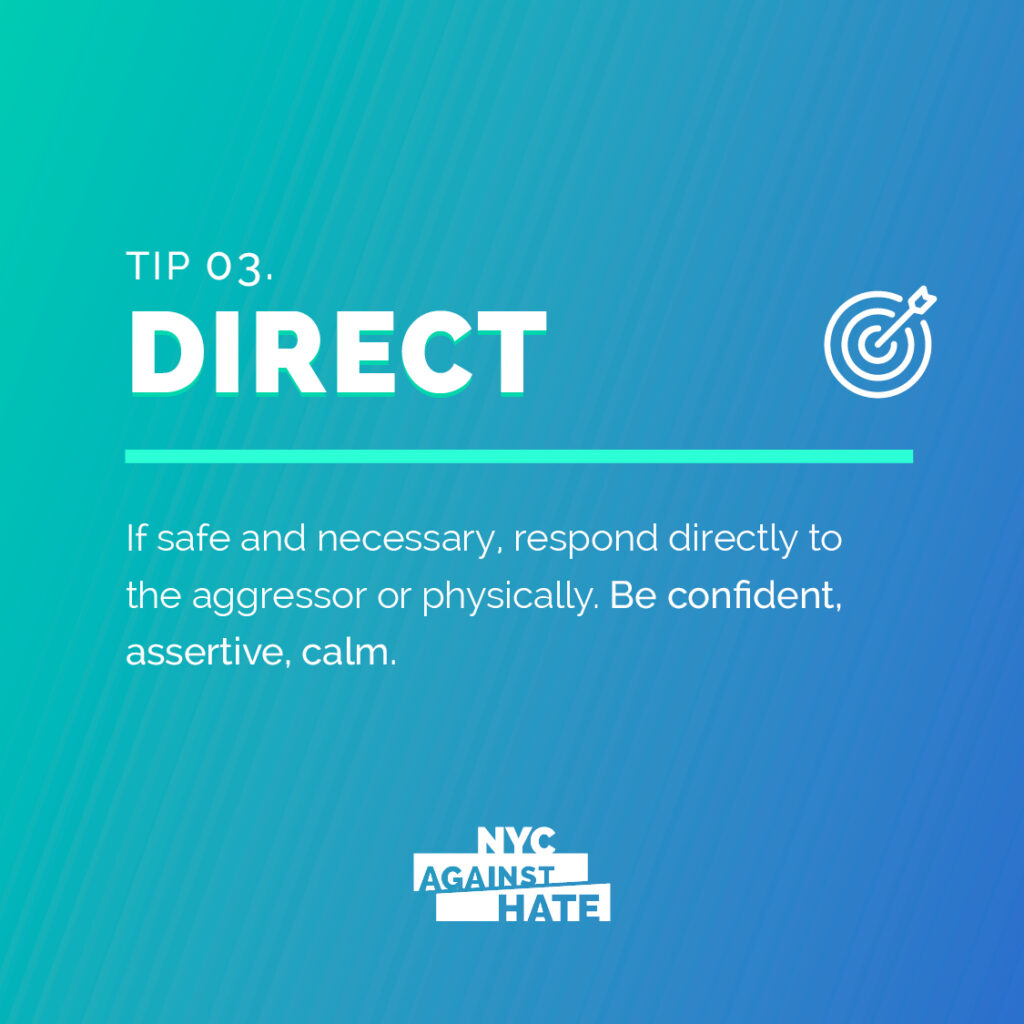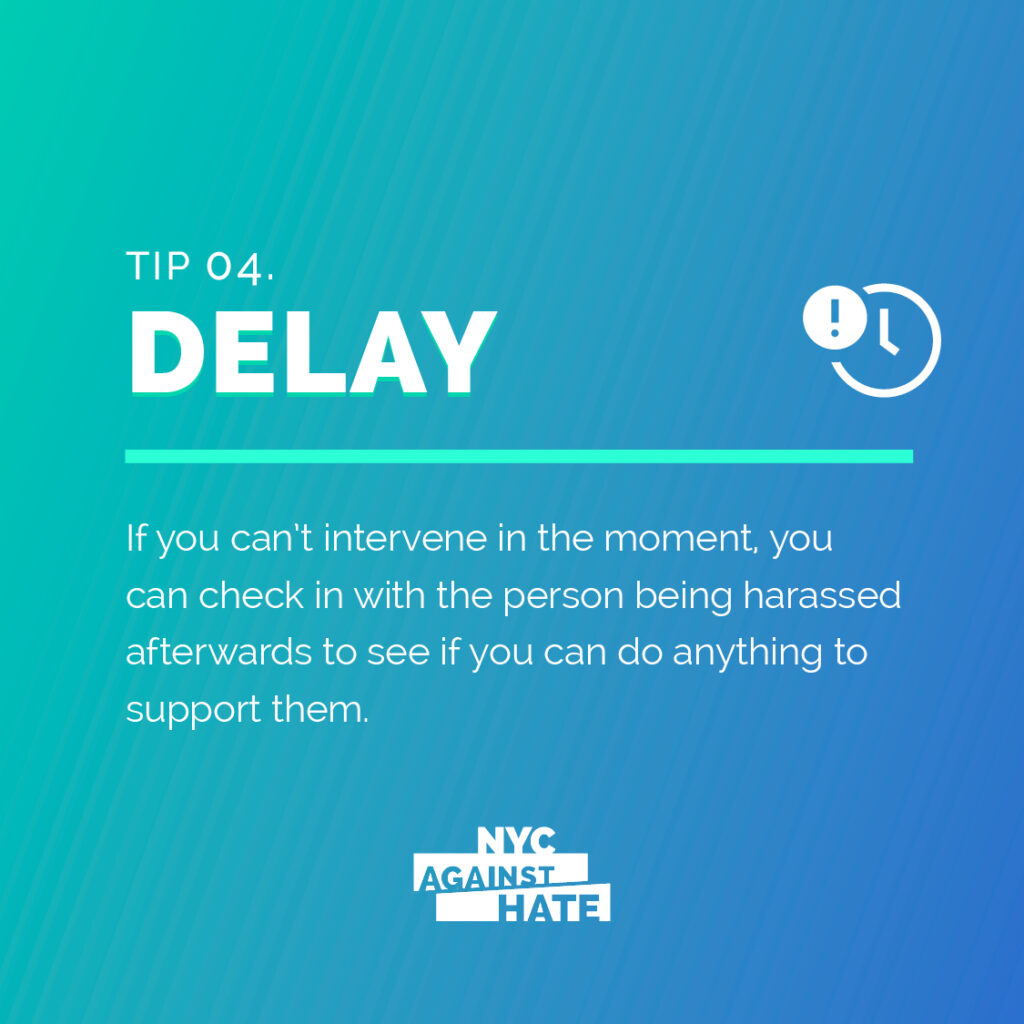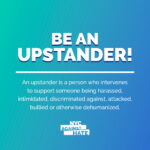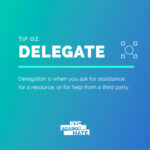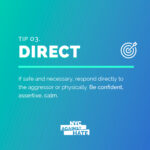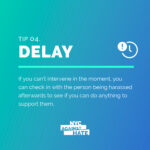Resources
Creating community safety is central to our vision of a world where all LGBTQ and HIV-affected people are respected and live free from violence. On this page, you’ll find a list of safety tips and resource guides designed by our staff that can be downloaded and shared alongside our 24/7 hotline number at 212-714-1141.
Call, Text, and Share Our 24/7 Hotline
Call or text us. We’re here to support LGBTQ and HIV-affected survivors of all forms of violence, including hook-up, dating, sexual, intimate partner, hate, and police violence. If you have witnessed or experienced violence, we encourage you to call or text our 24-hour bilingual (English/Spanish) hotline at 212-714-1141, where you can speak with a trained counselor or use our secure online reporting form.
Share a life-saving resource with your community. Use any of the above images to share AVP’s 24/7 hotline and let your network know about our free services for LGBTQ and HIV-affected communities navigating crisis, violence, and potentially unsafe situations. You can post to your social media or share on your personal channels like group texts! Thank you for your support.
Some Tips for When Staying Home Isn't Safe
We are still in a pandemic, and most of us are spending the majority of our time at home. For survivors, this means navigating a difficult reality: staying home to keep themselves and their community safe may keep them isolated with the person(s) causing them harm. If you’re unsafe, remember you don’t have to go it alone. AVP is here to help navigate available resources, and we are always just a call or text away at 212-714-1141. We can help even if the incident isn’t reported to the police, and we keep all information confidential.
In collaboration with Grindr, AVP encourages LGBTQ and HIV-affected community members to get support and plan for safety when dating or hooking up online. Check out our holistic safety tips! For help with creating a safety plan, or if you’ve experienced harassment or violence on dating apps, call or text our 24/7 hotline at 212-714-1141. We can help even if the incident isn’t reported to the police, and we keep all information confidential. We’re here for you.
Before attending a protest, it is important to think through a safety plan and assess your personal risk. Creating a safety plan is simply a way to increase safety for yourself and others when entering into a situation where harm is possible and to prepare for various potential scenarios. Here are a few safety tips from our Community Organizing and Public Advocacy team. If you or someone you know is unsafe at a protest, call or text our 24/7 hotline at 212-714-1141.
An upstander is a person who intervenes to support someone being harassed, intimidated, discriminated against, attacked, bullied, or otherwise dehumanized. Each month, we train community members on how to assess safety, de-escalate potentially violent situations, and become upstanders. Sign up to join us and learn how you can make a safer world possible.

